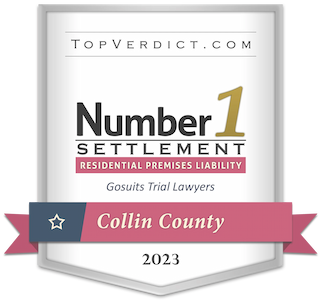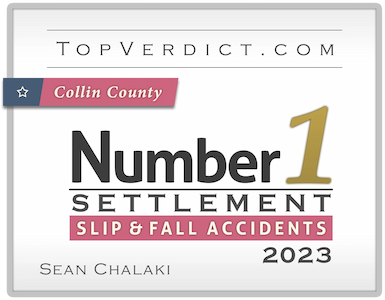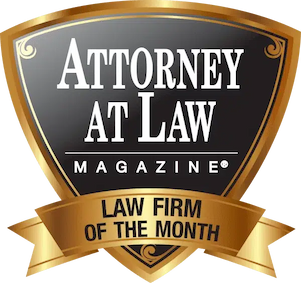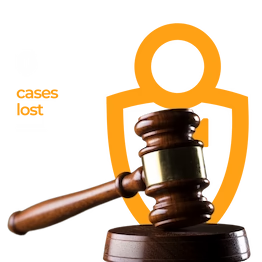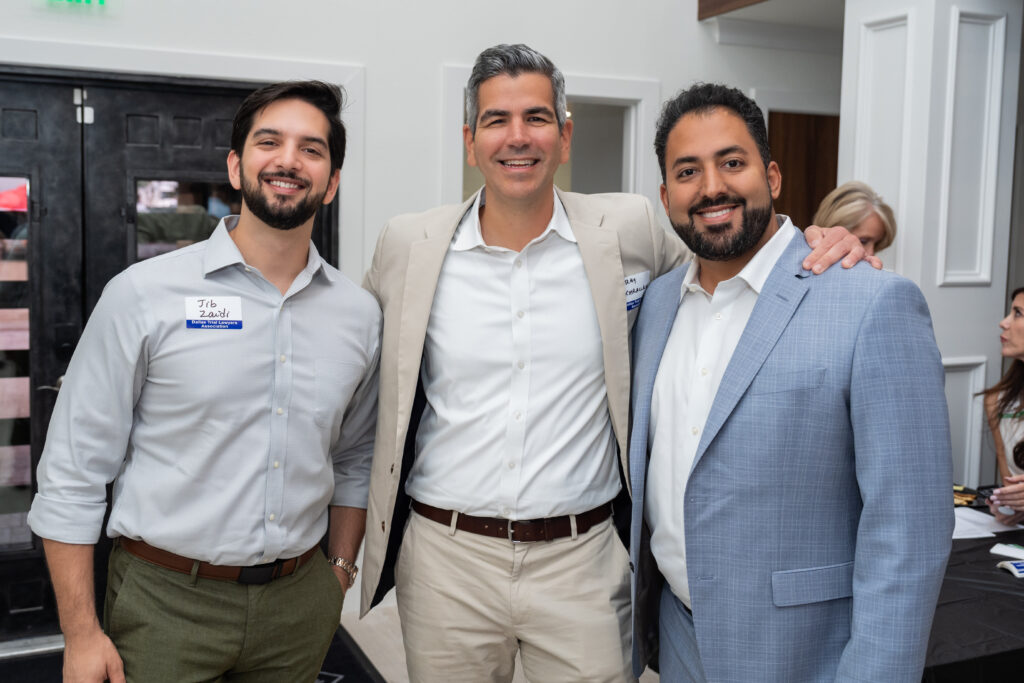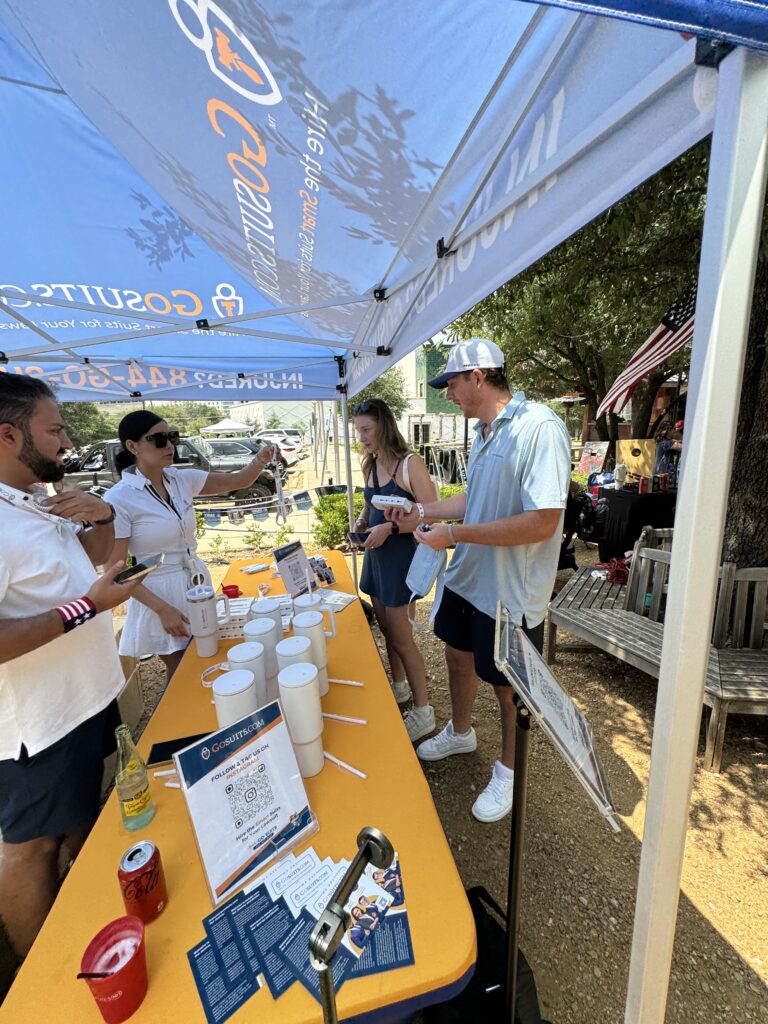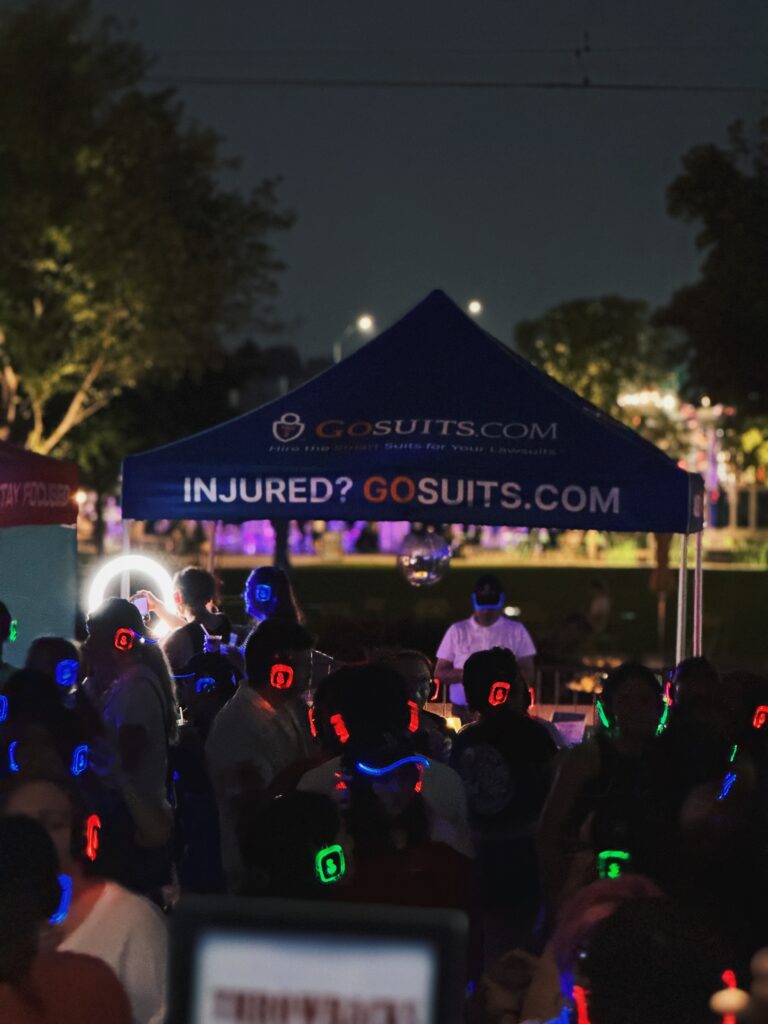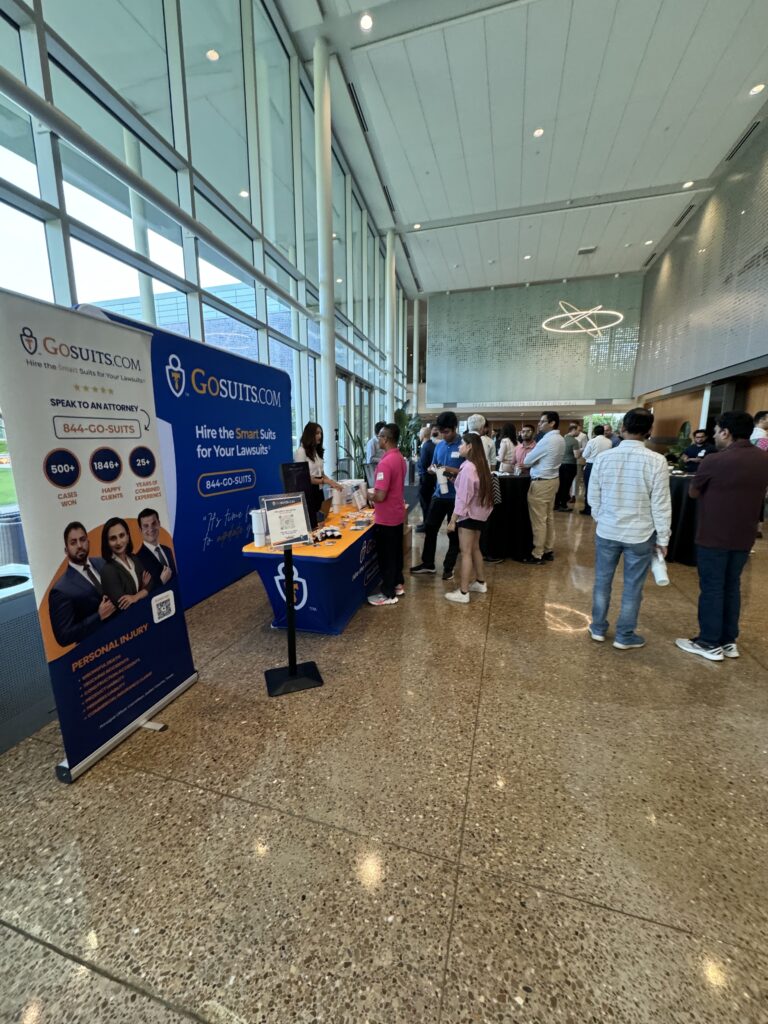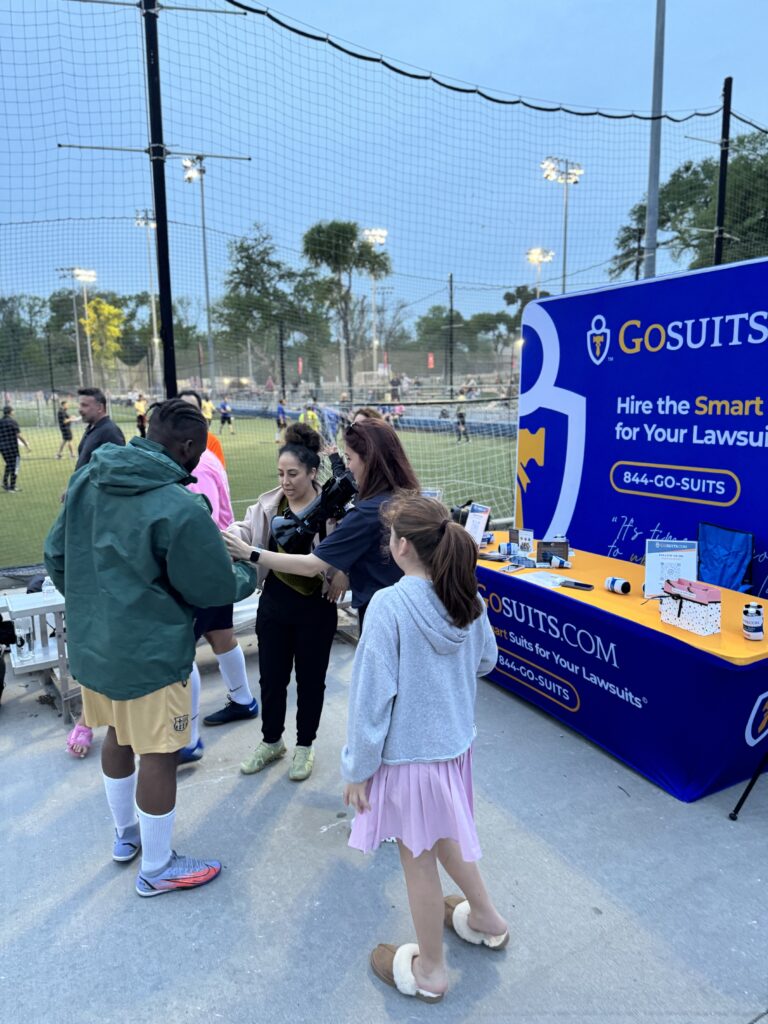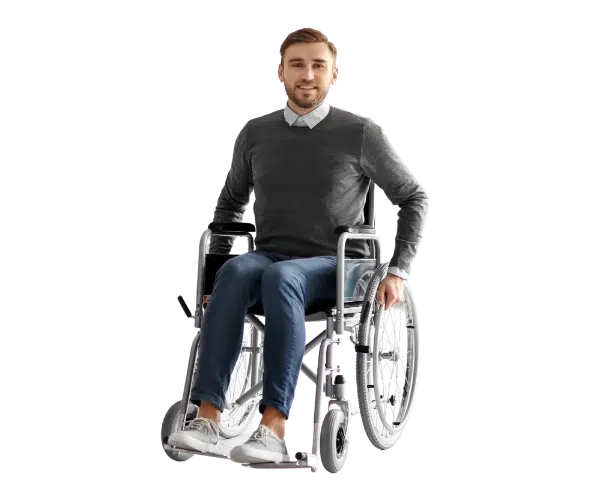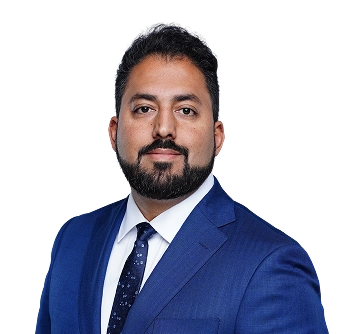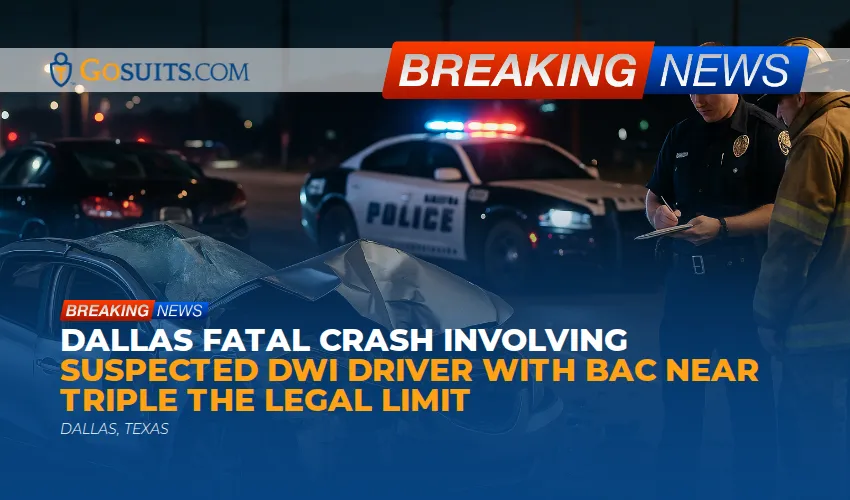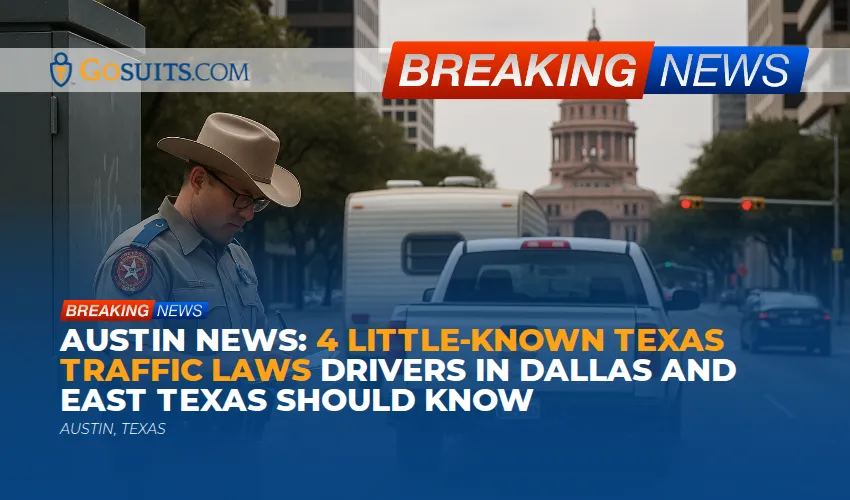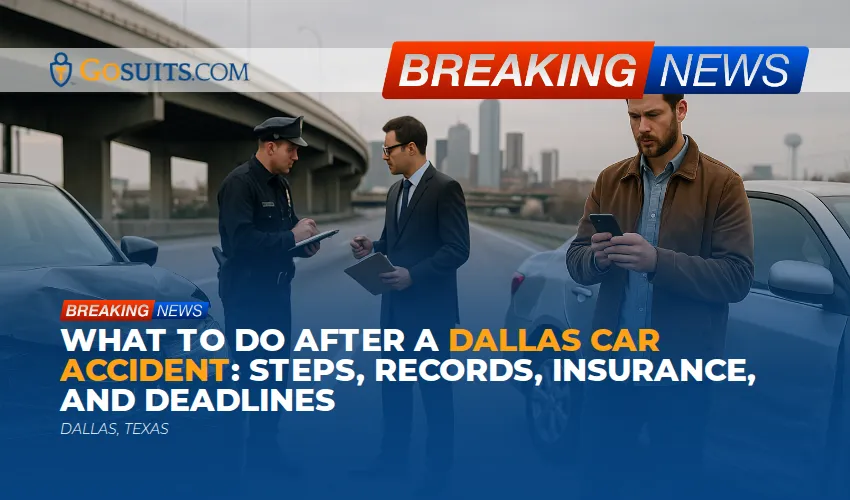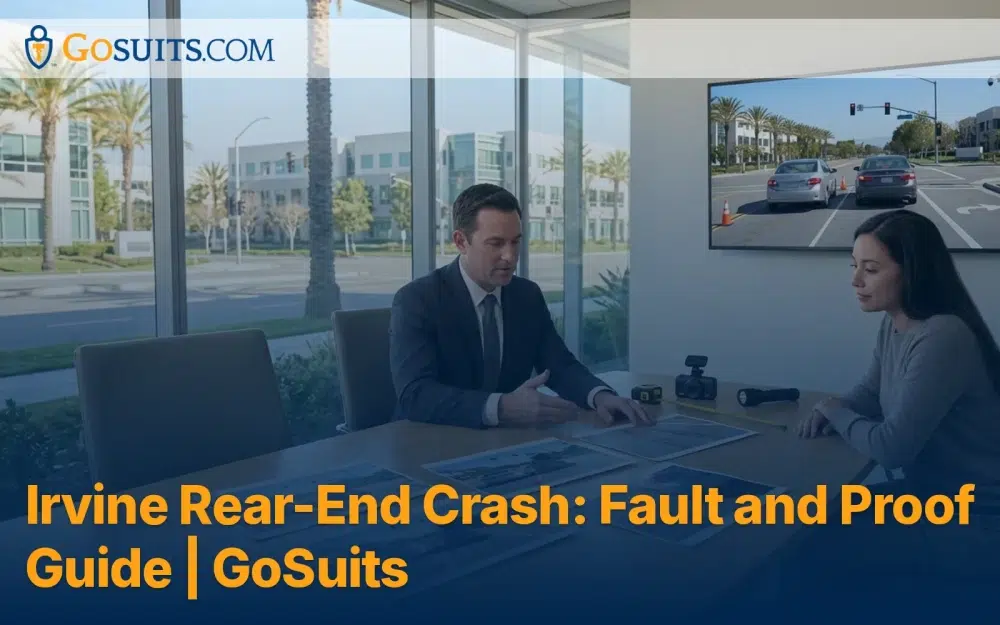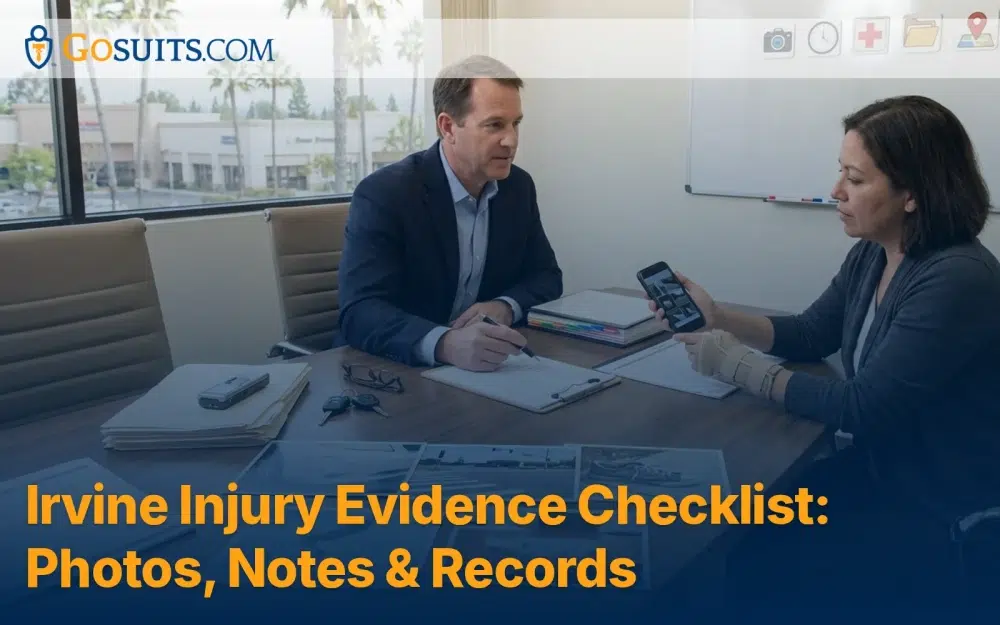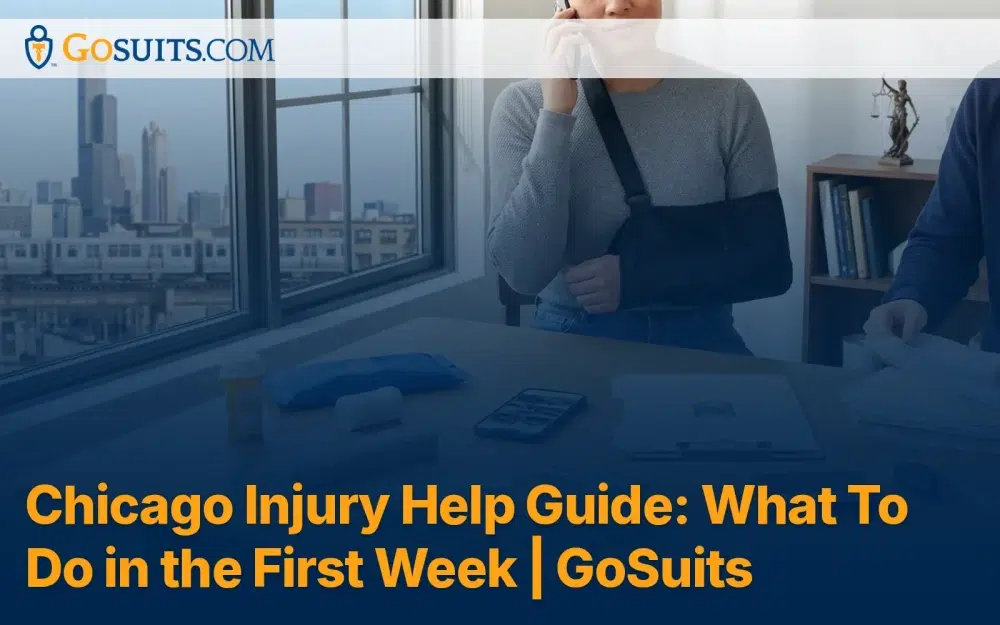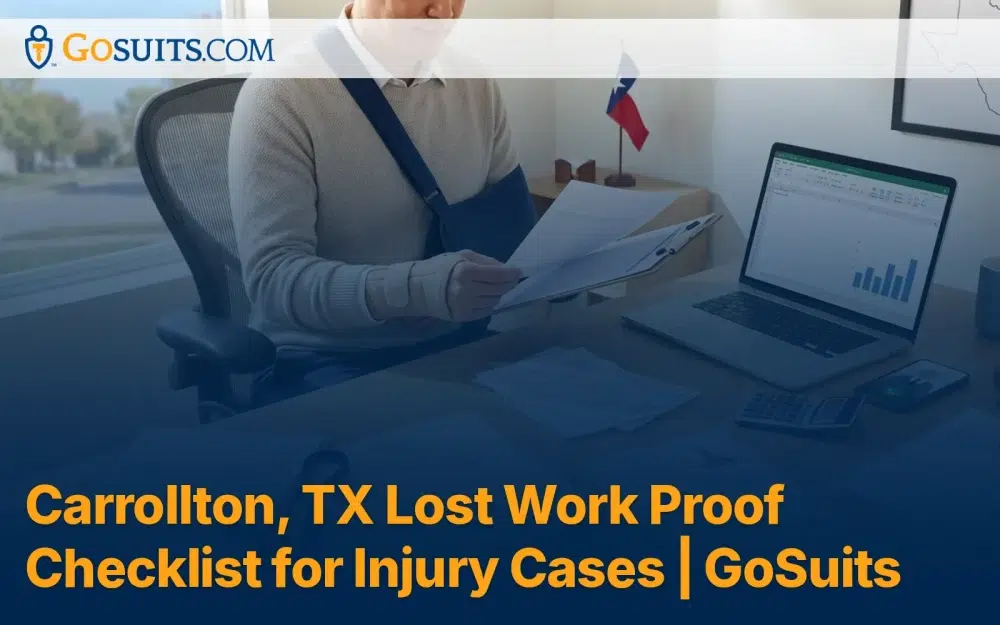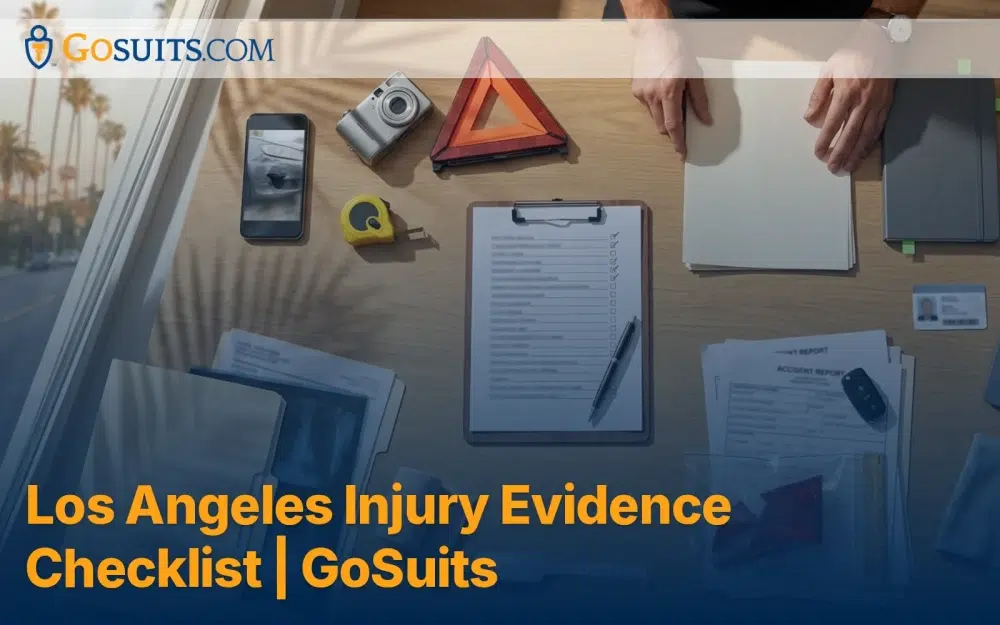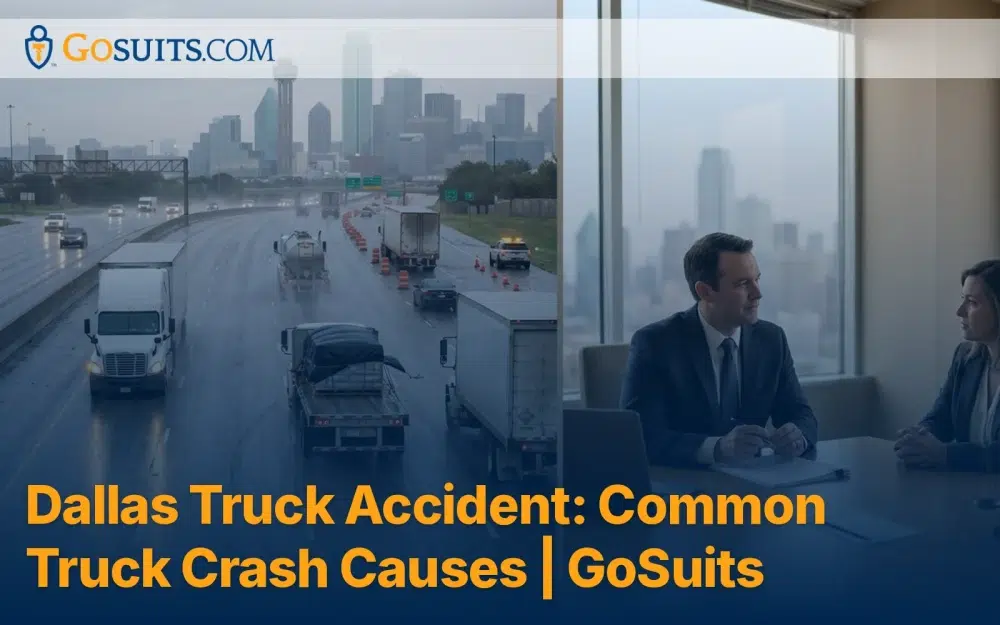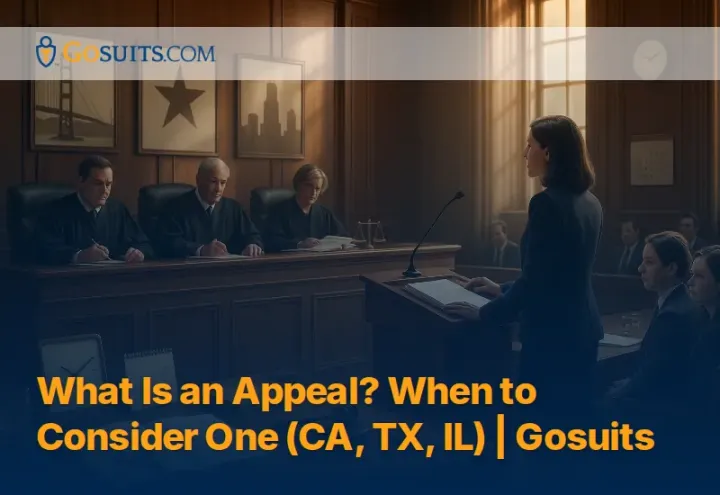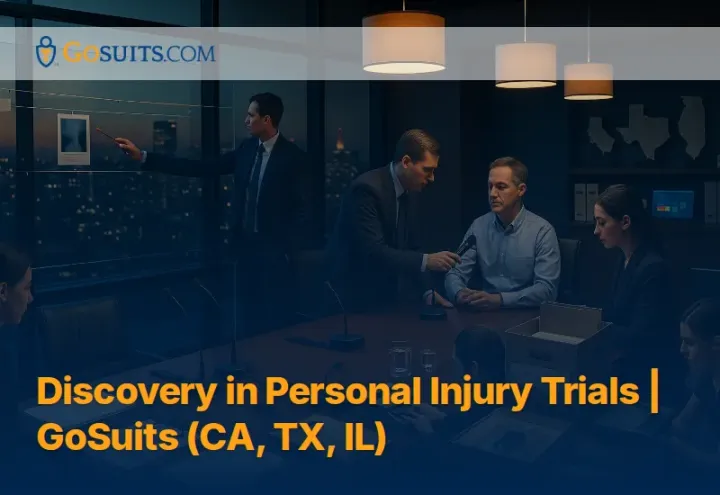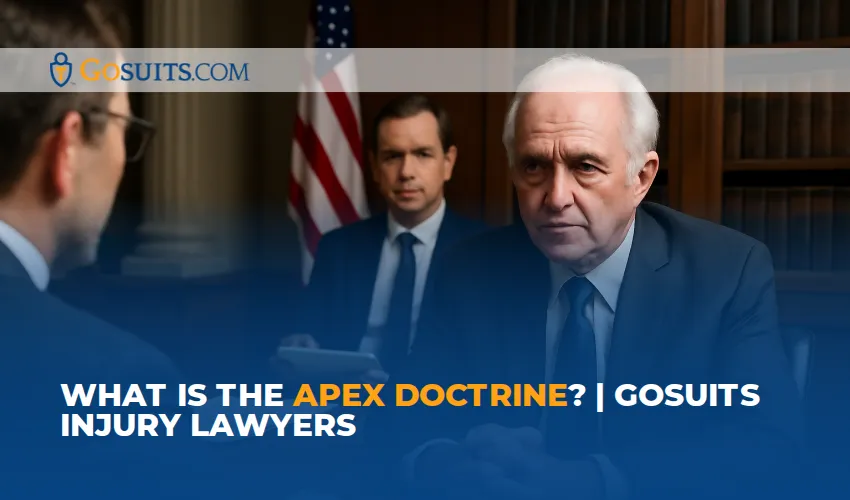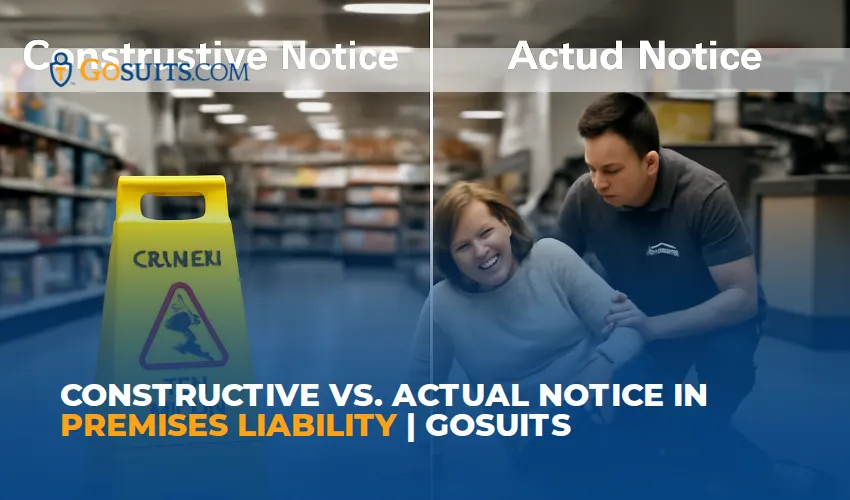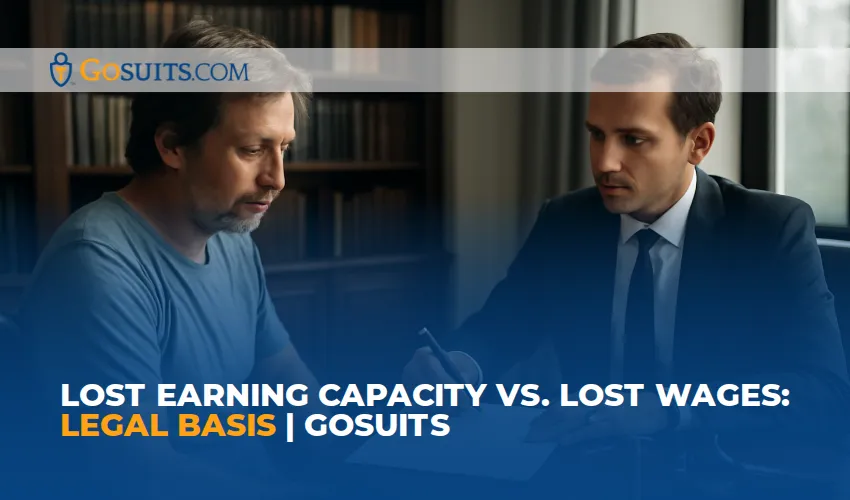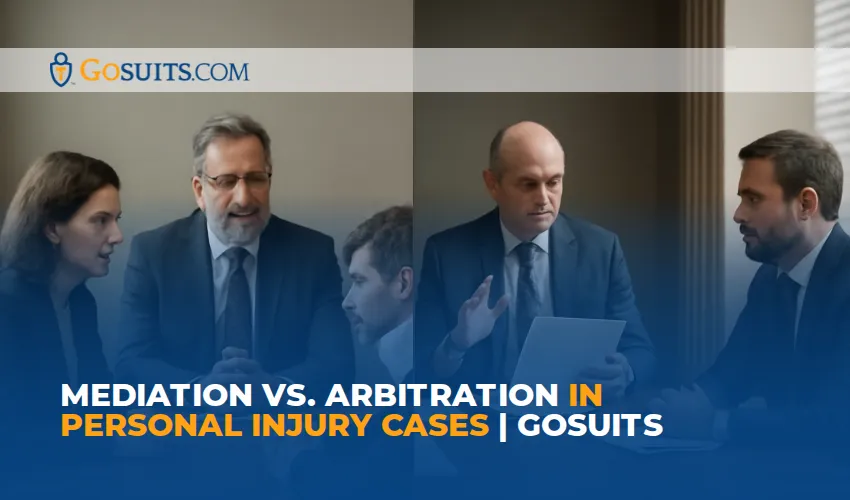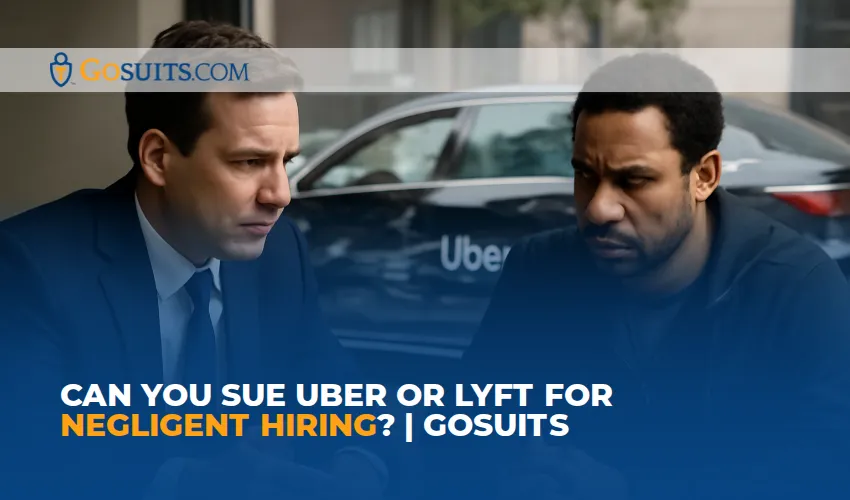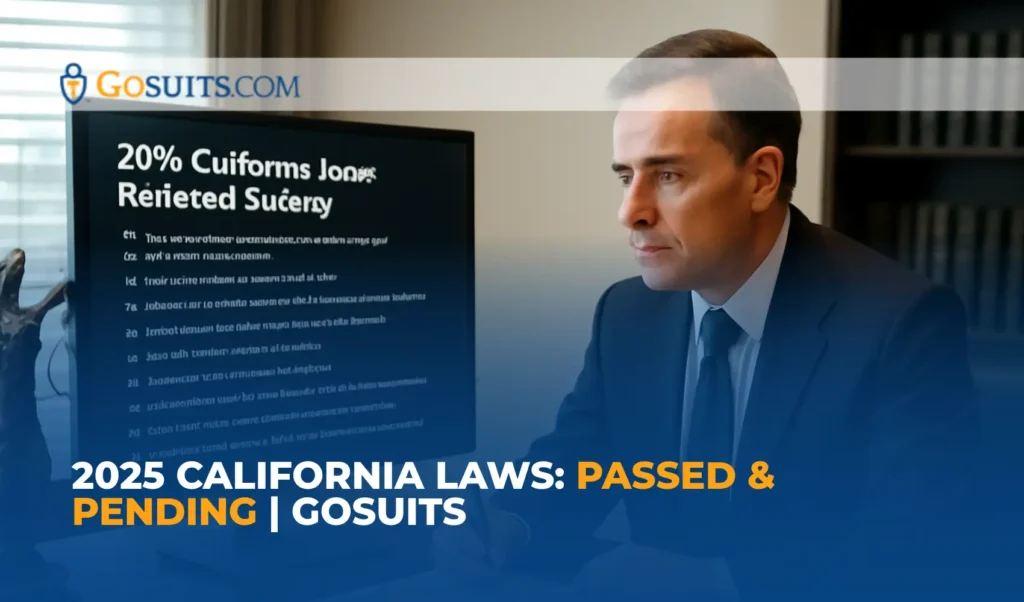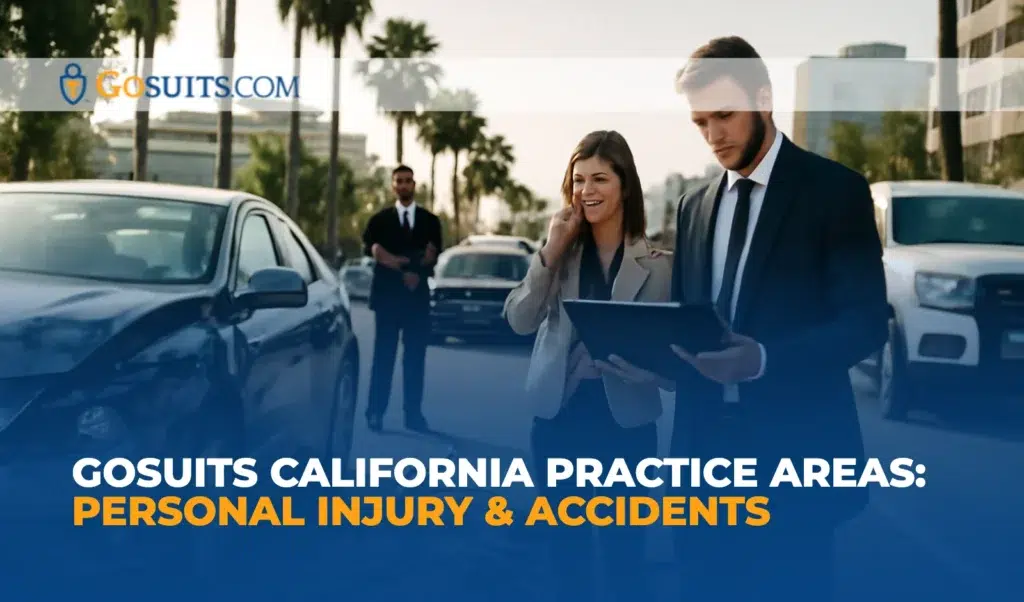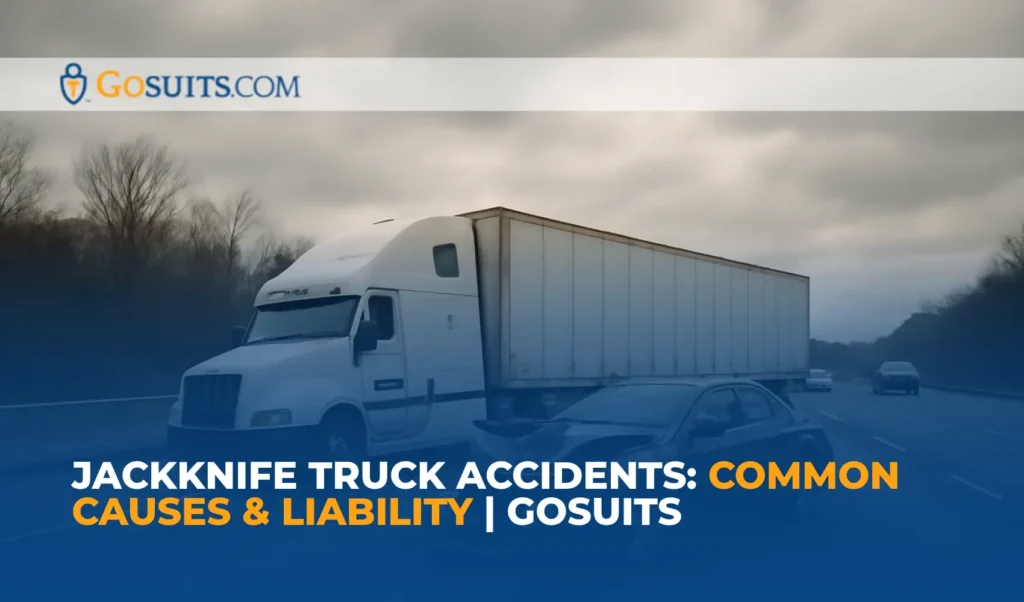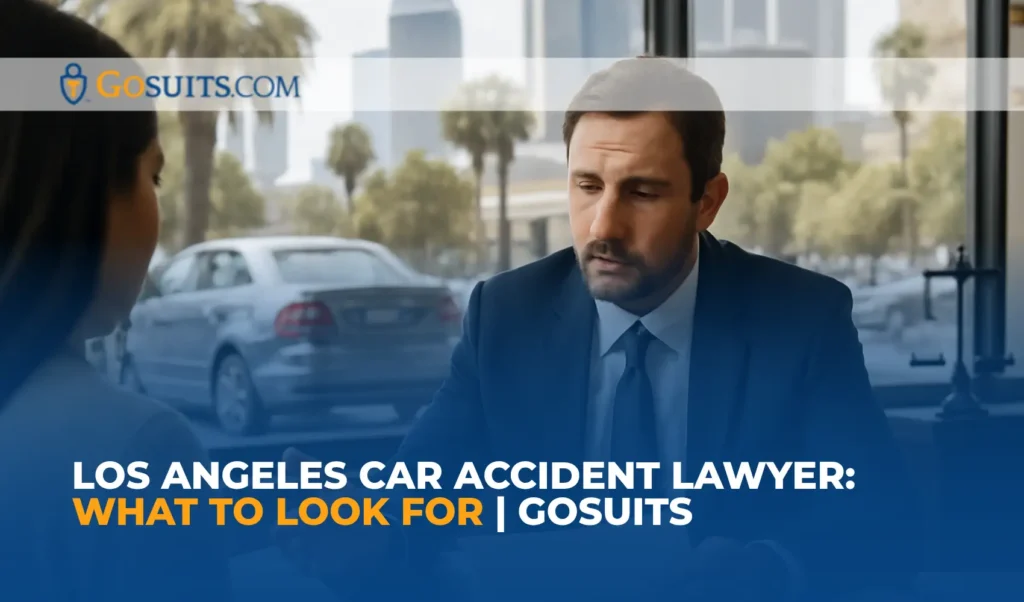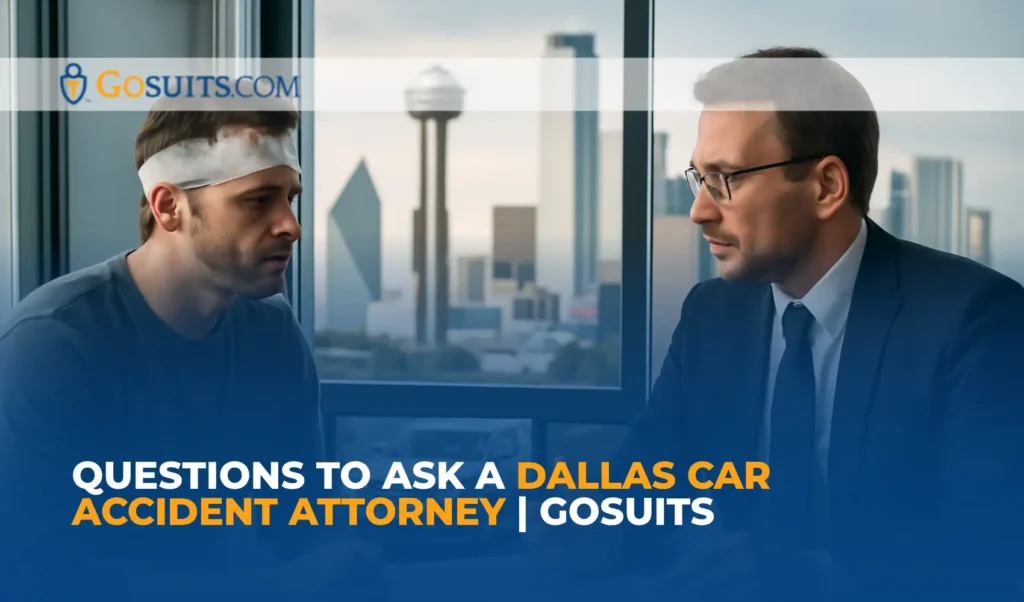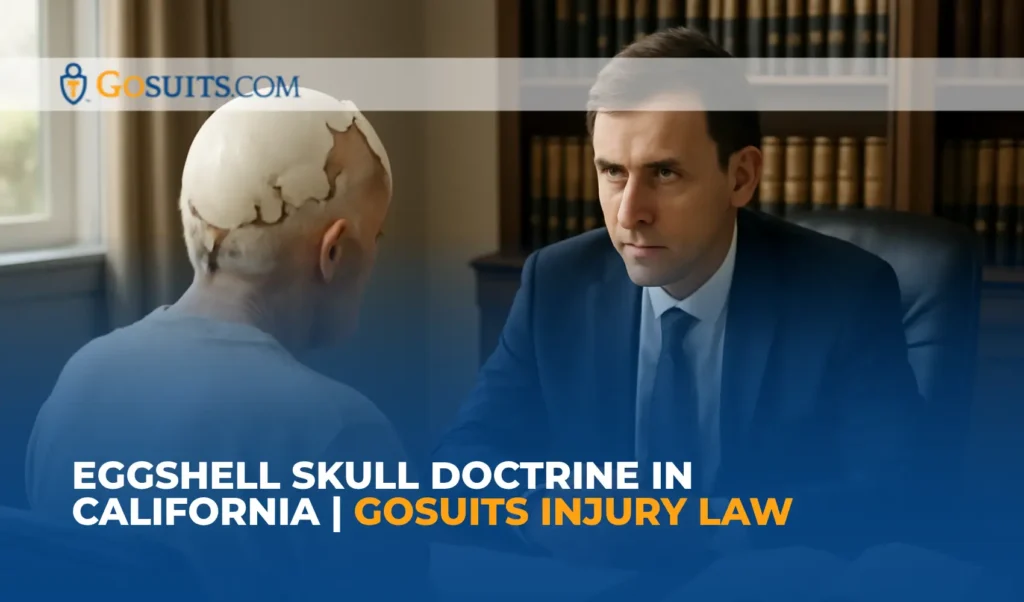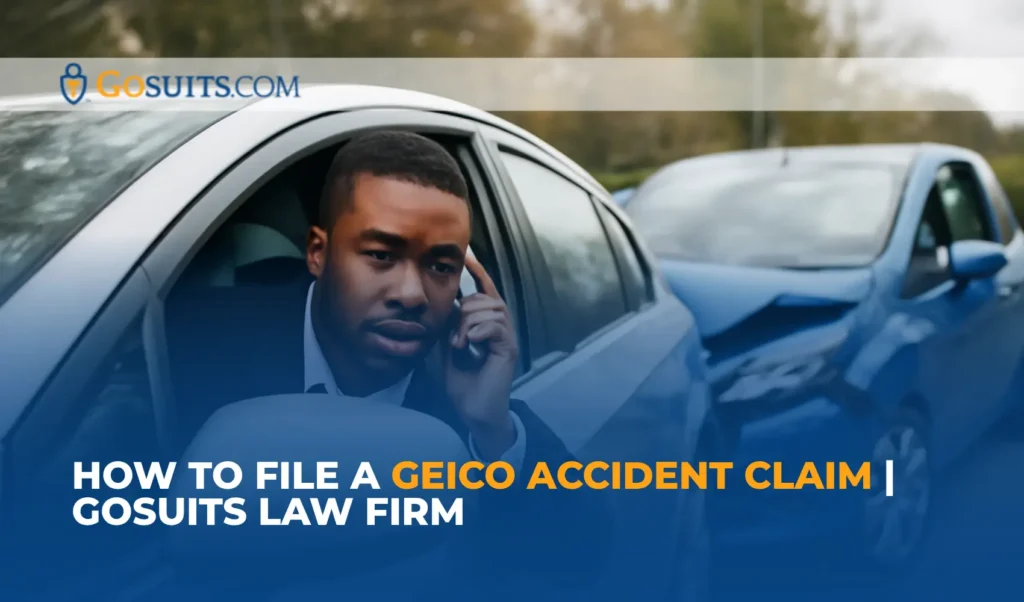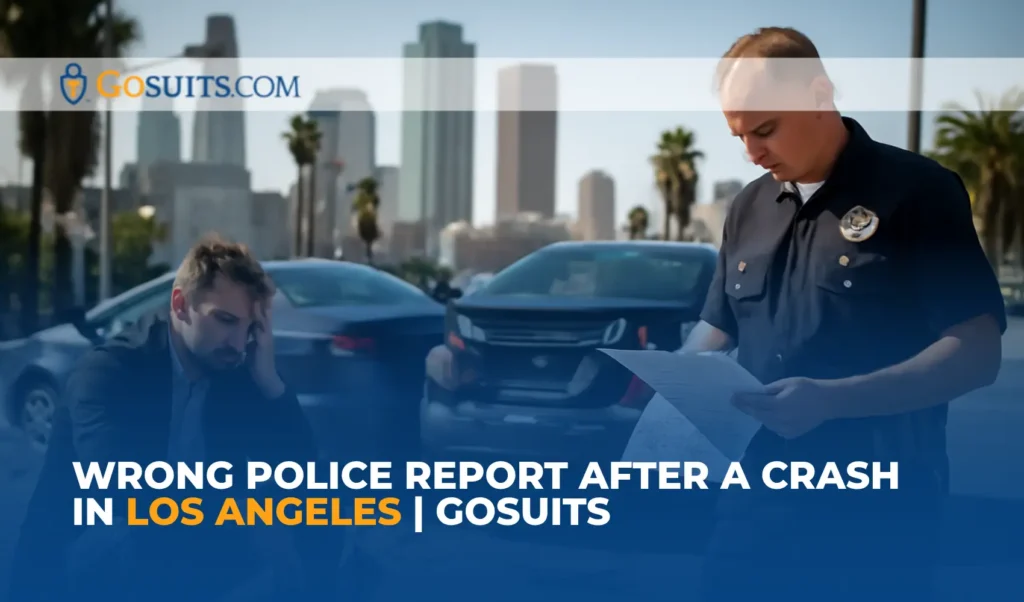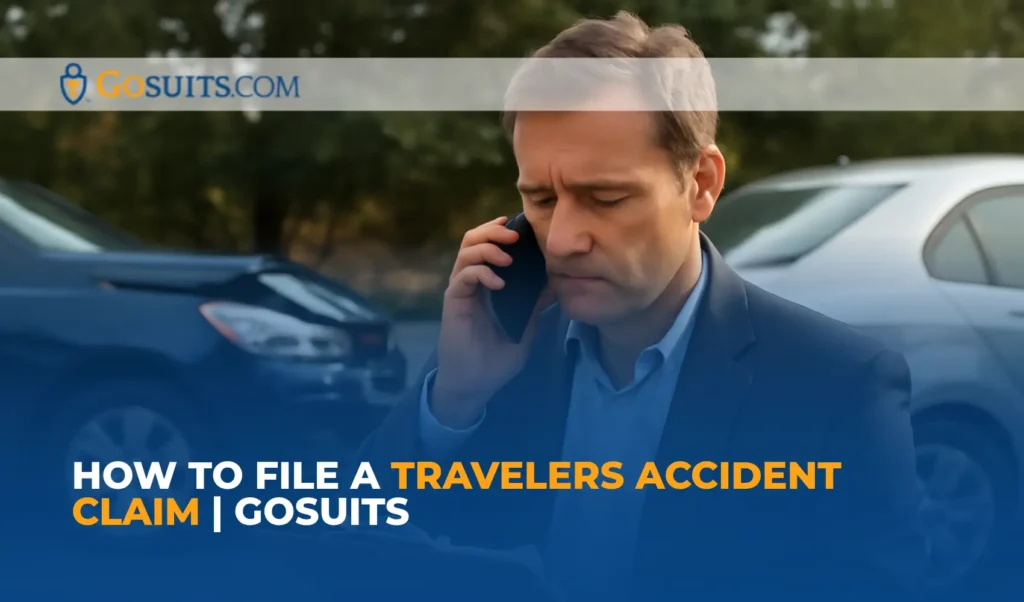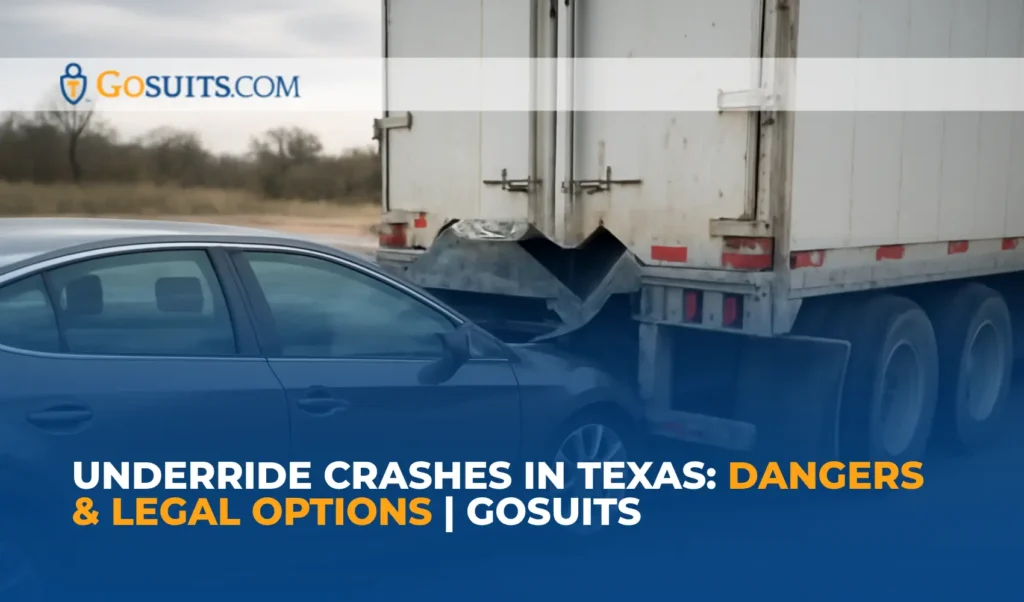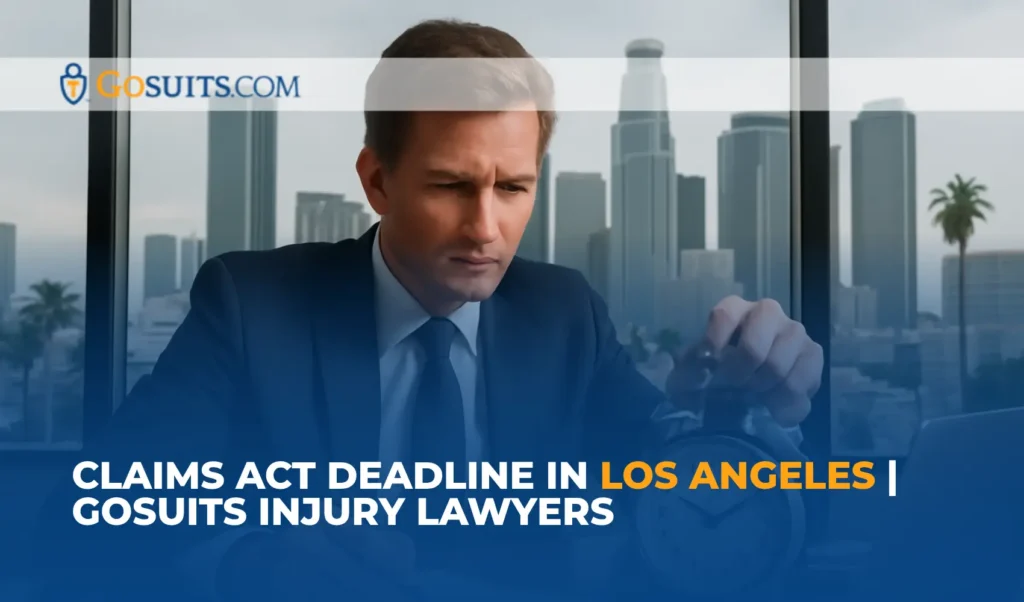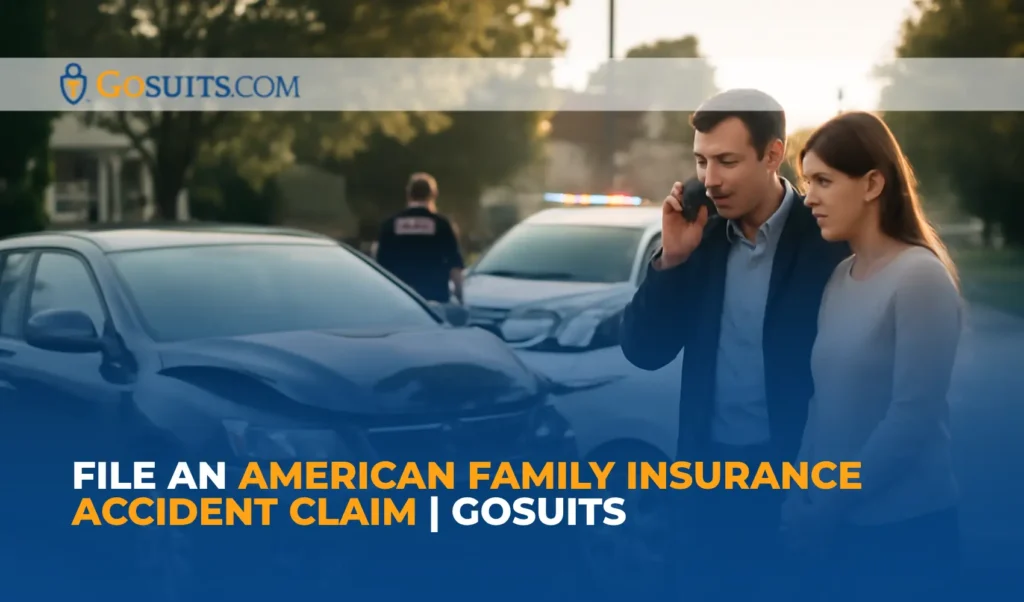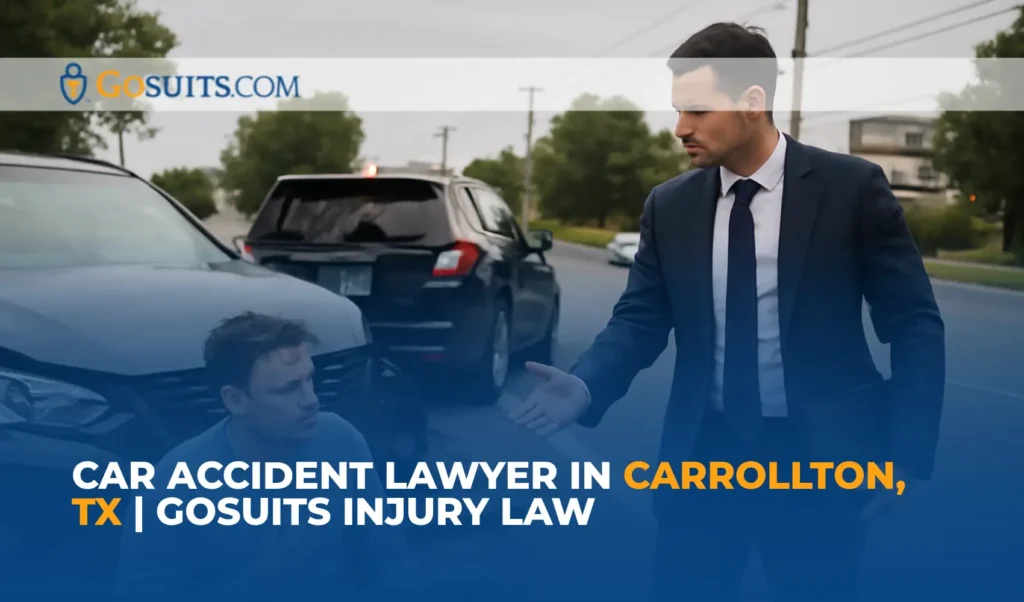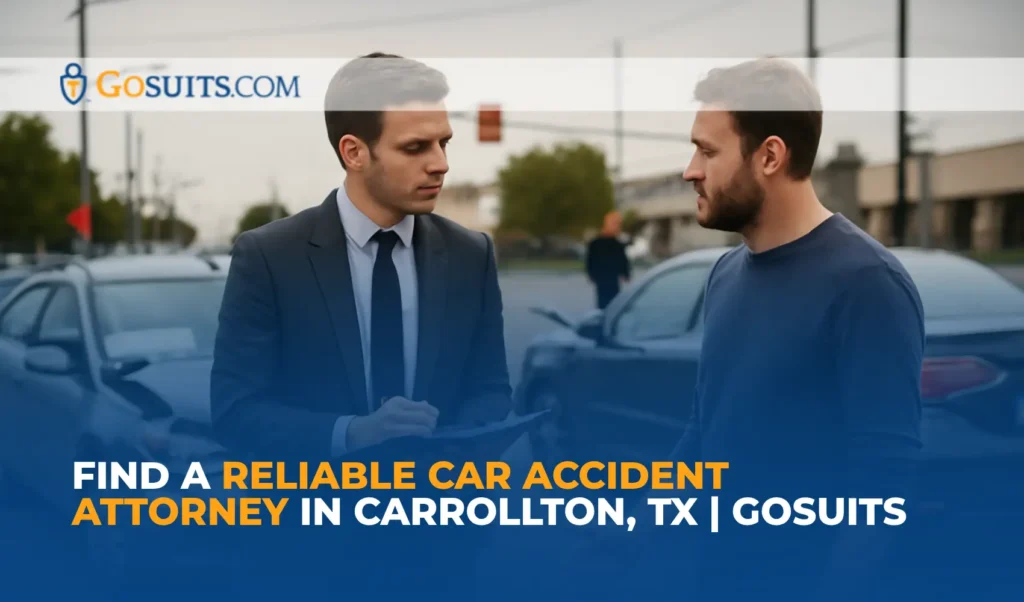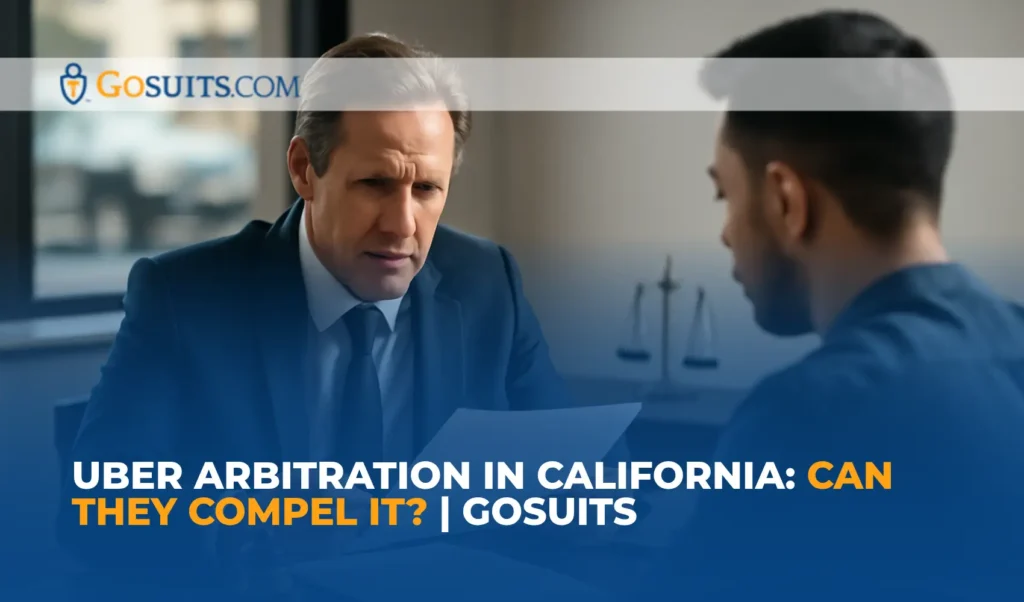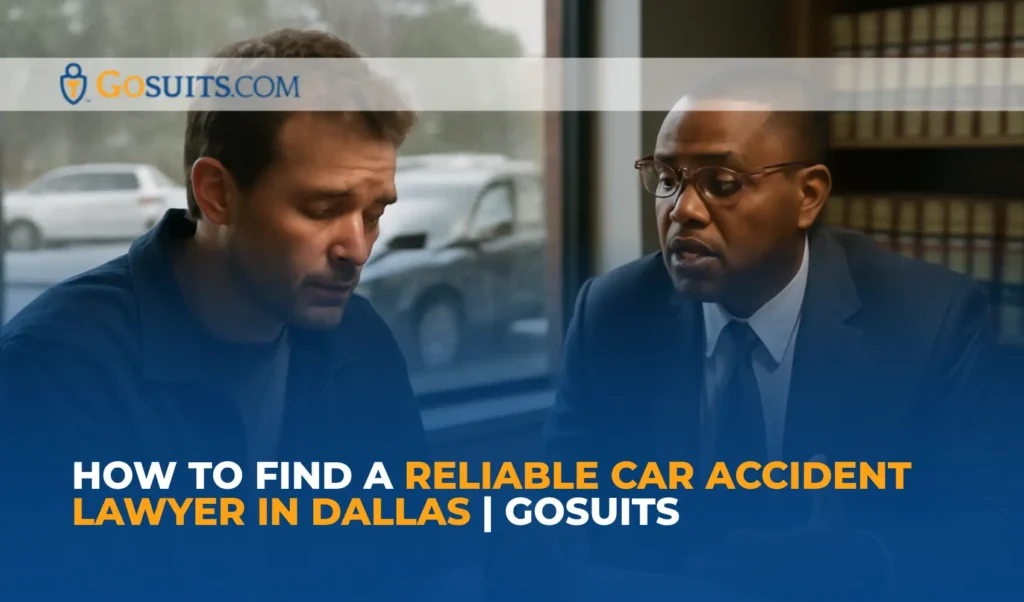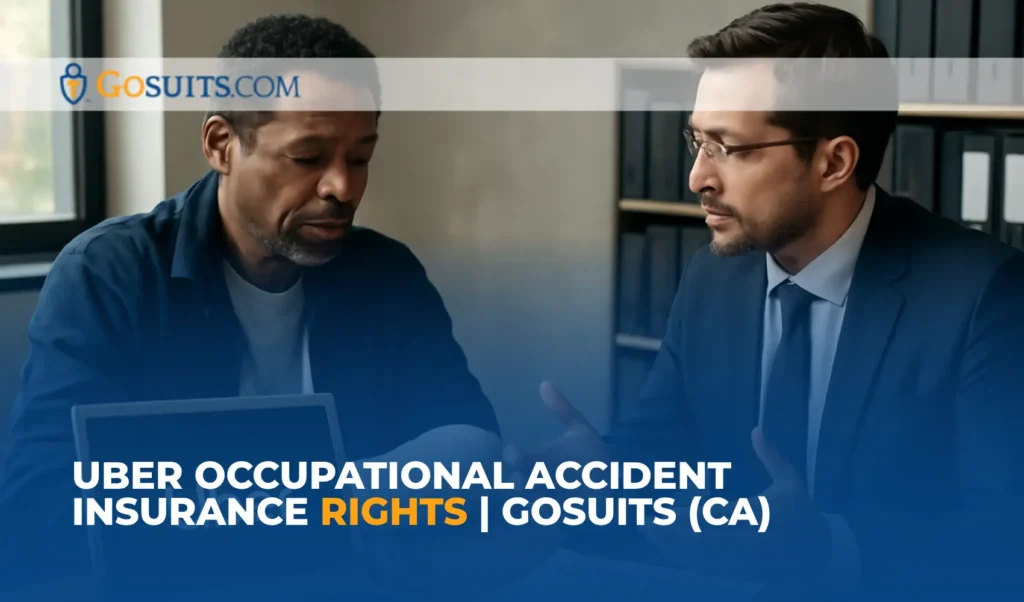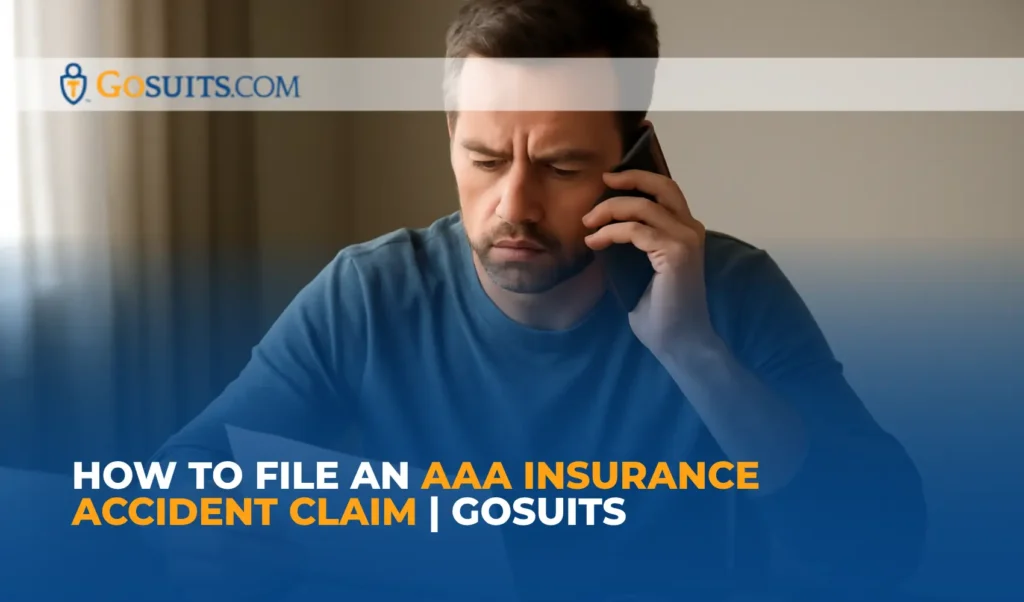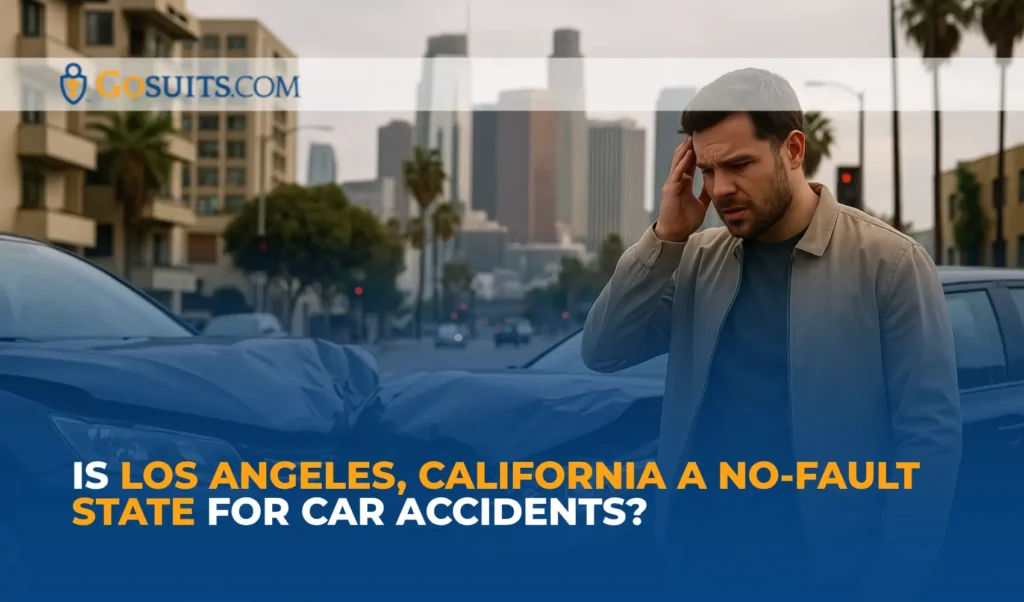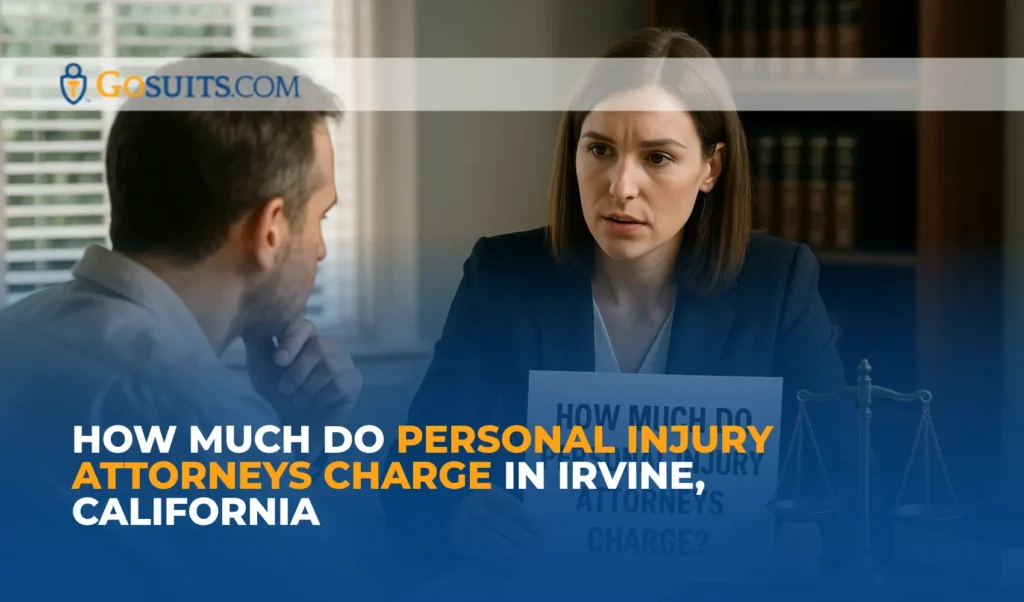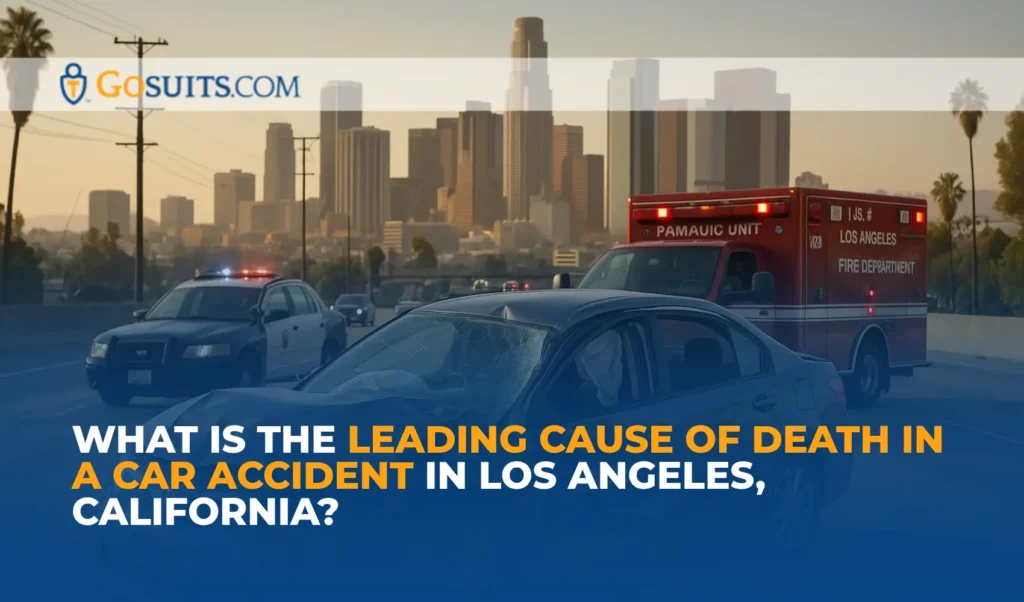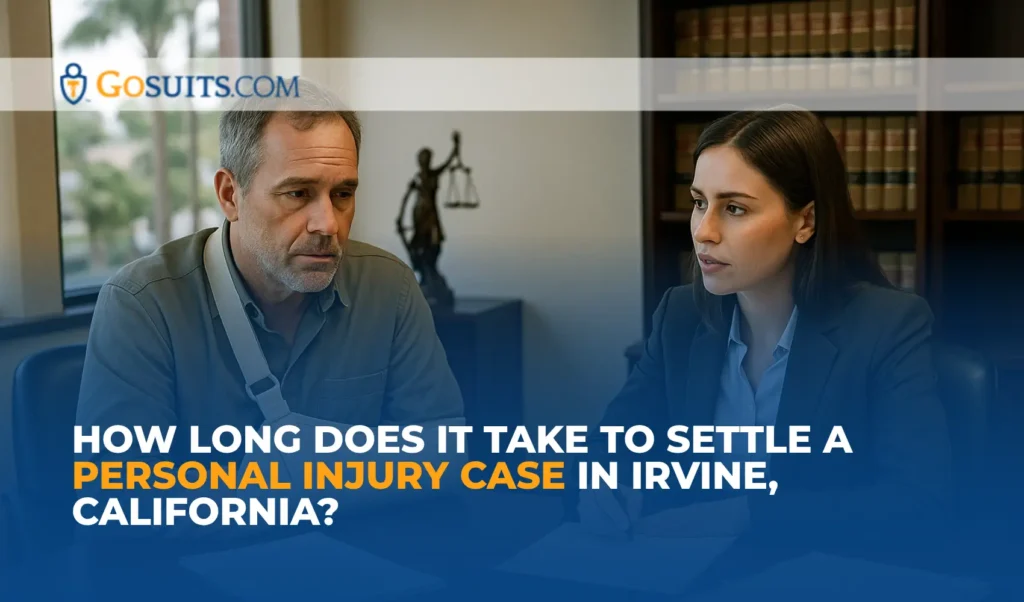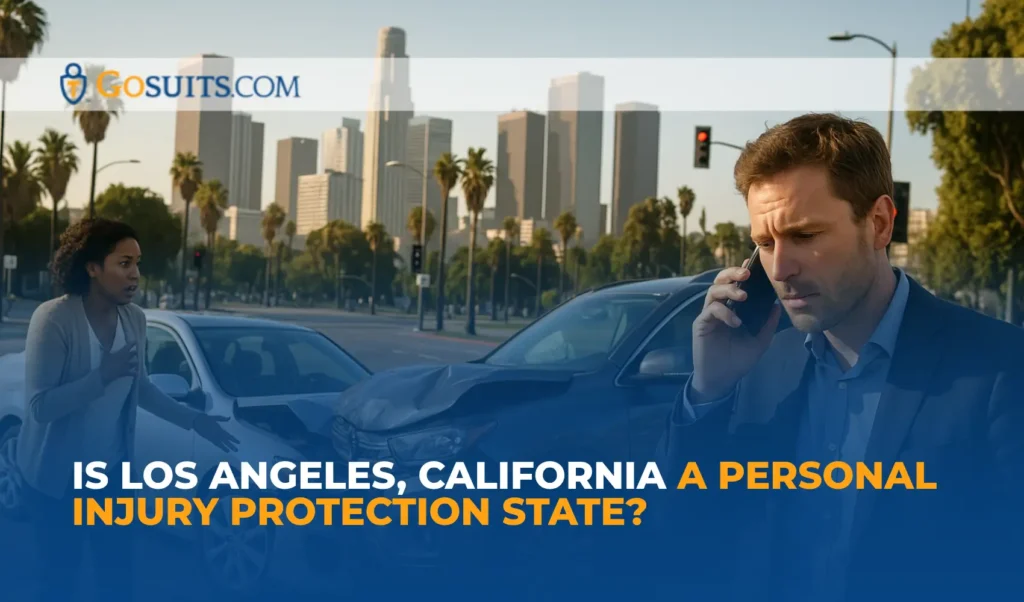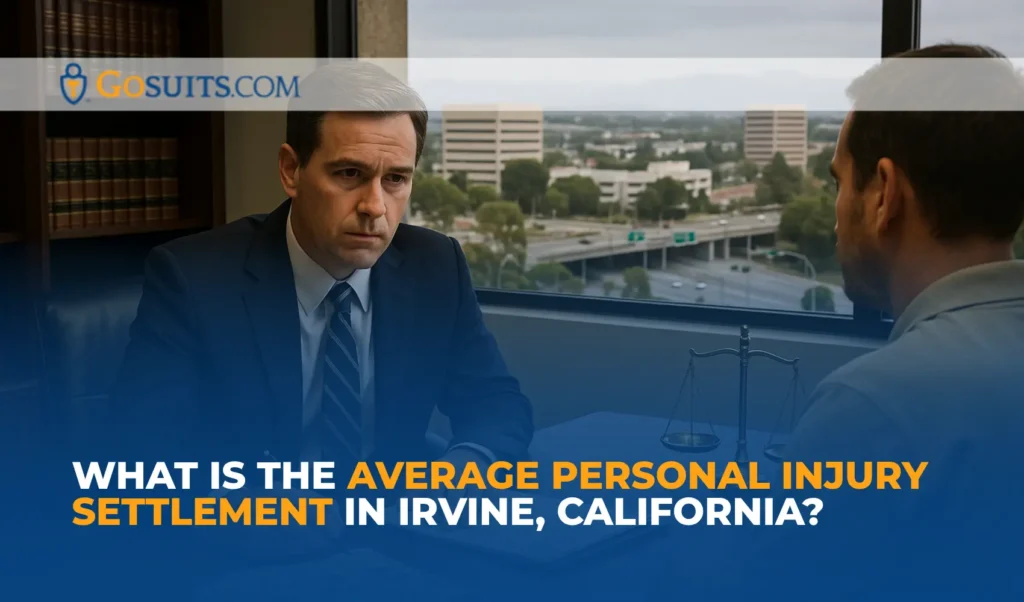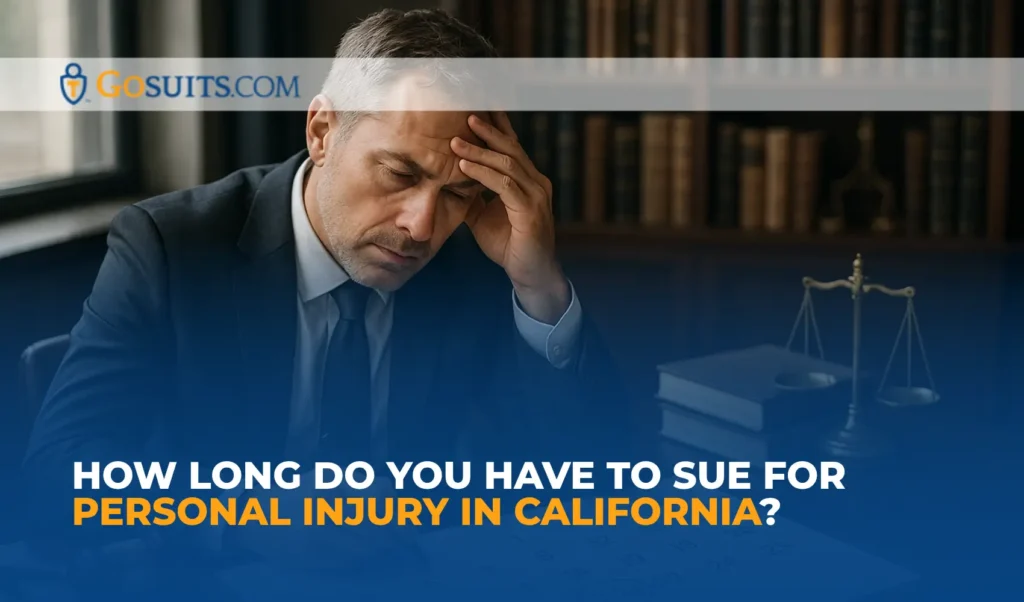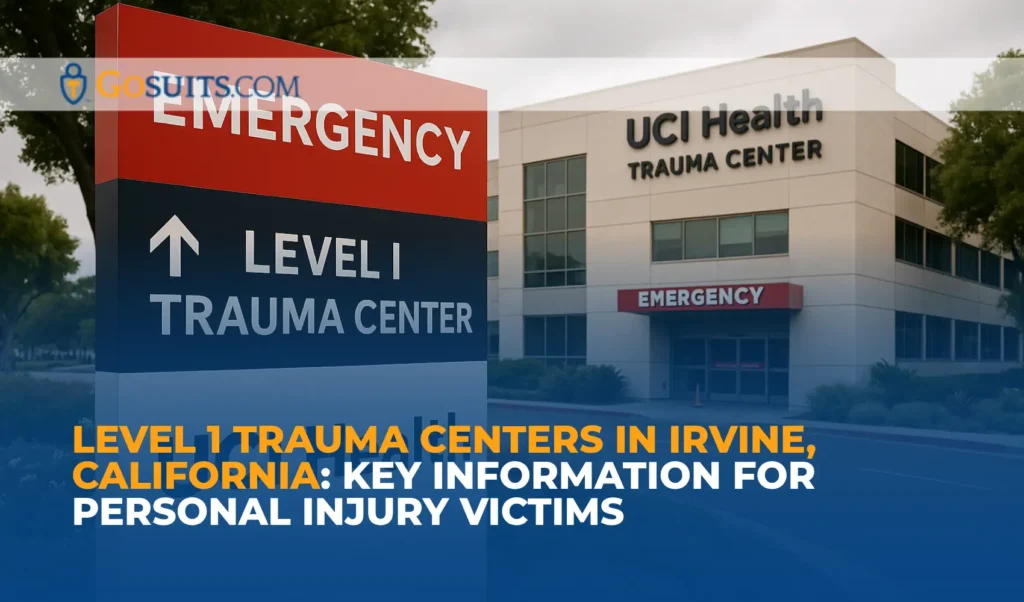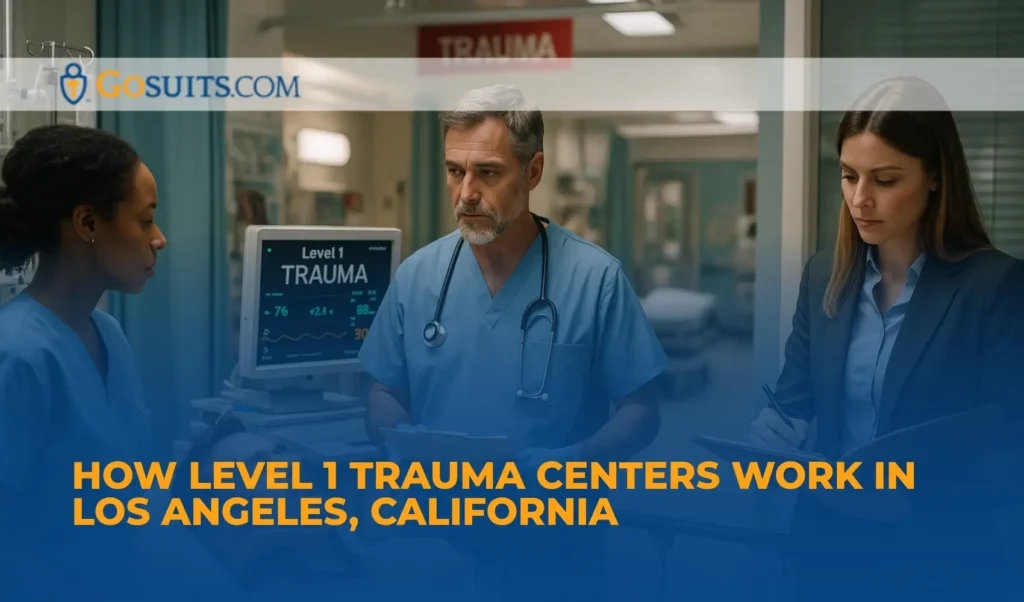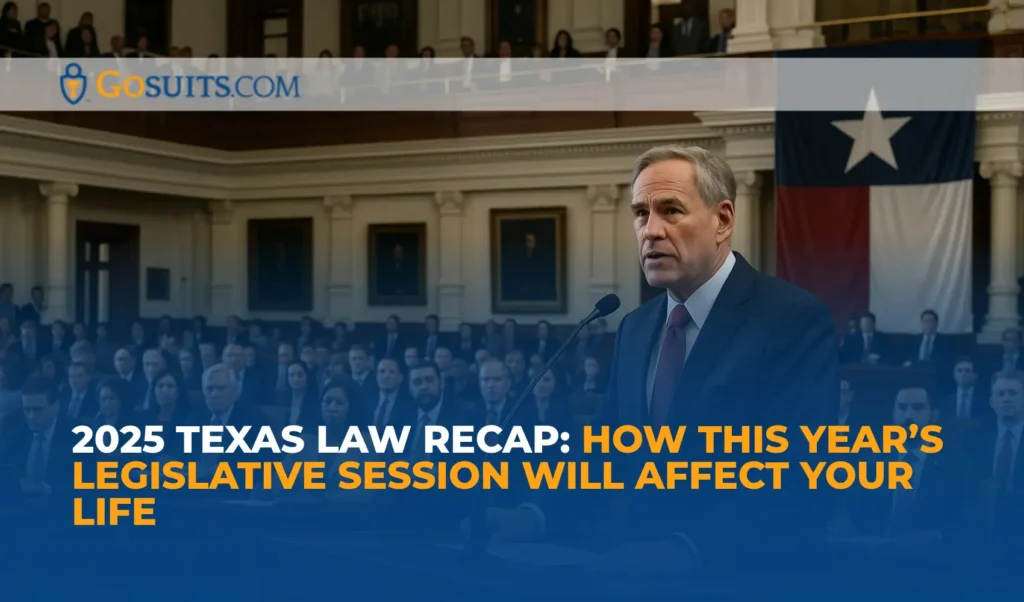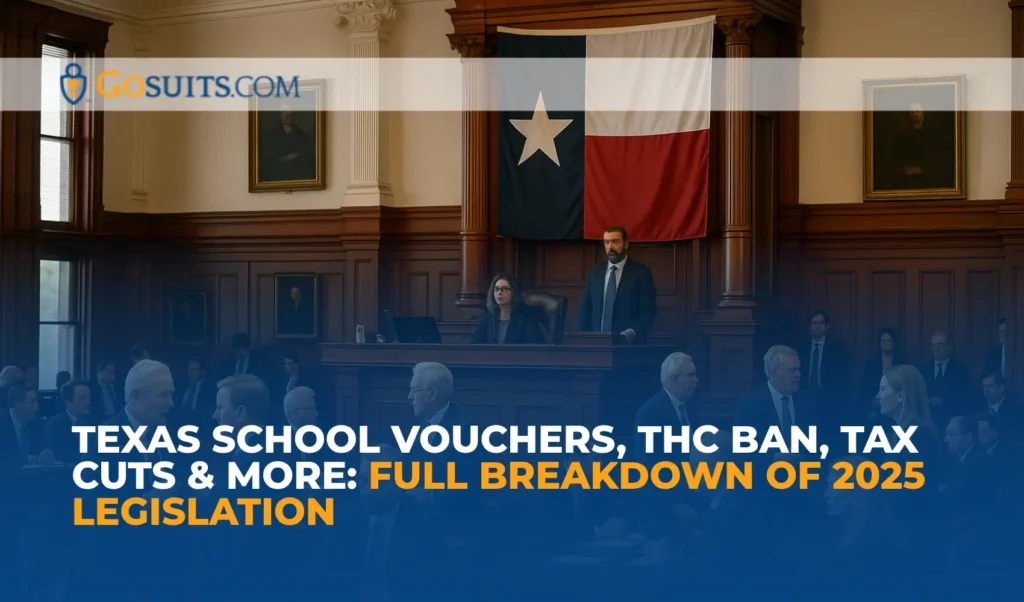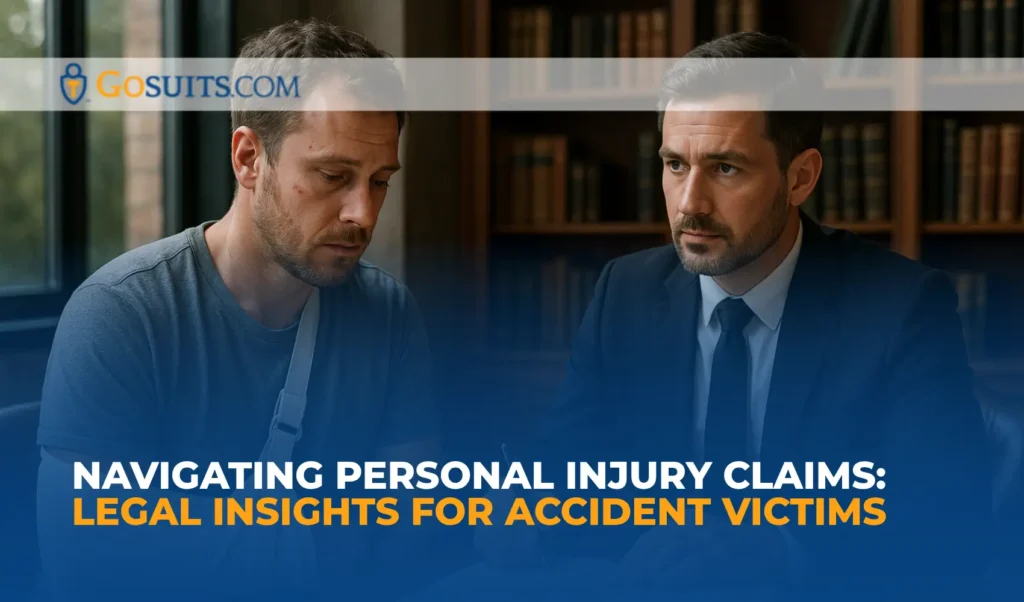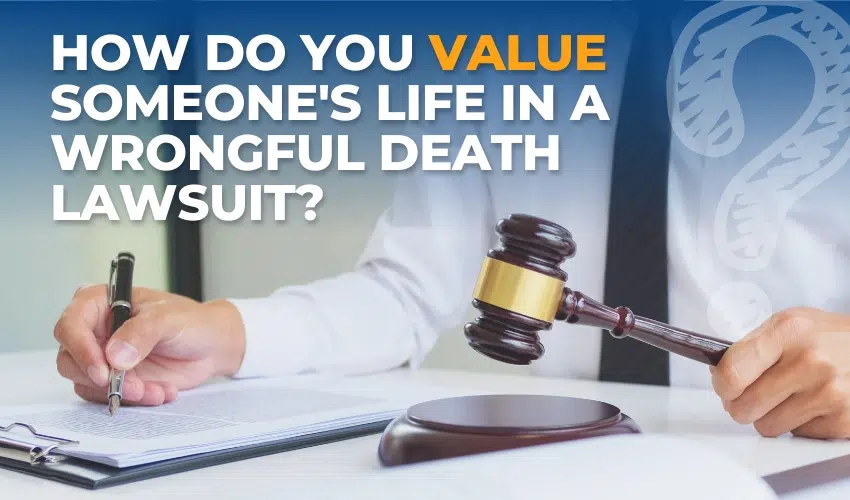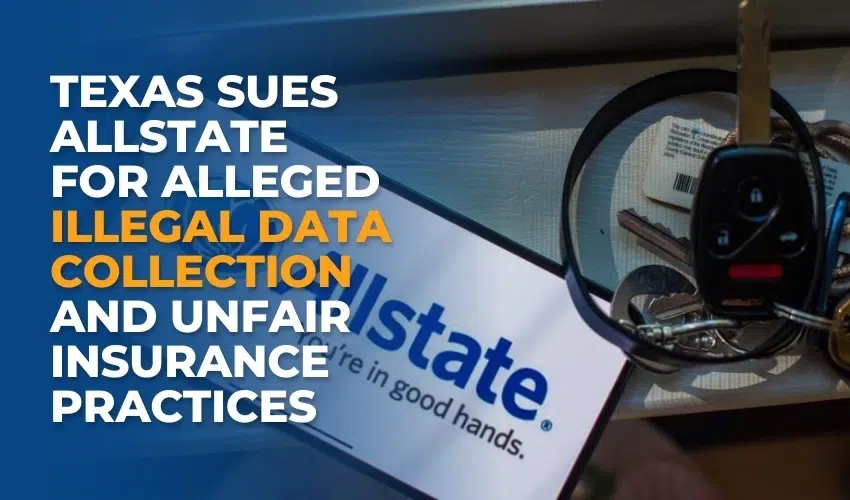
Losing a loved one is always devastating, but when that loss comes as a result of someone else’s negligence or misconduct, the pain can be overwhelming. At Gosuits, our wrongful death lawyers in Dallas understand the deep-seated grief and confusion you may be experiencing. We recognize that no legal action can truly compensate for your loss, but we’re here to help you handle this difficult time and seek the justice your loved one deserves.
As wrongful death attorneys in Dallas, Texas, we’ve walked alongside many families facing similar heartbreaking circumstances. We’ve seen firsthand how a wrongful death can impact every aspect of a family’s life – emotionally, financially, and practically. Our team is dedicated to providing compassionate support and strong legal advocacy during this challenging period.
If you’re dealing with the aftermath of a wrongful death, know that you don’t have to face this alone. Our Dallas wrongful death law firm is here to offer the legal support and guidance you need during this difficult time. While we can’t change the past, we can work tirelessly to help secure a more stable future for you and your family.
If you’re dealing with the aftermath of a wrongful death, know that you don’t have to face this alone. Our personal injury attorney Dallas team is here to offer the legal support and guidance you need during this difficult time. While we can’t change the past, we can work tirelessly to help secure a more stable future for you and your family.
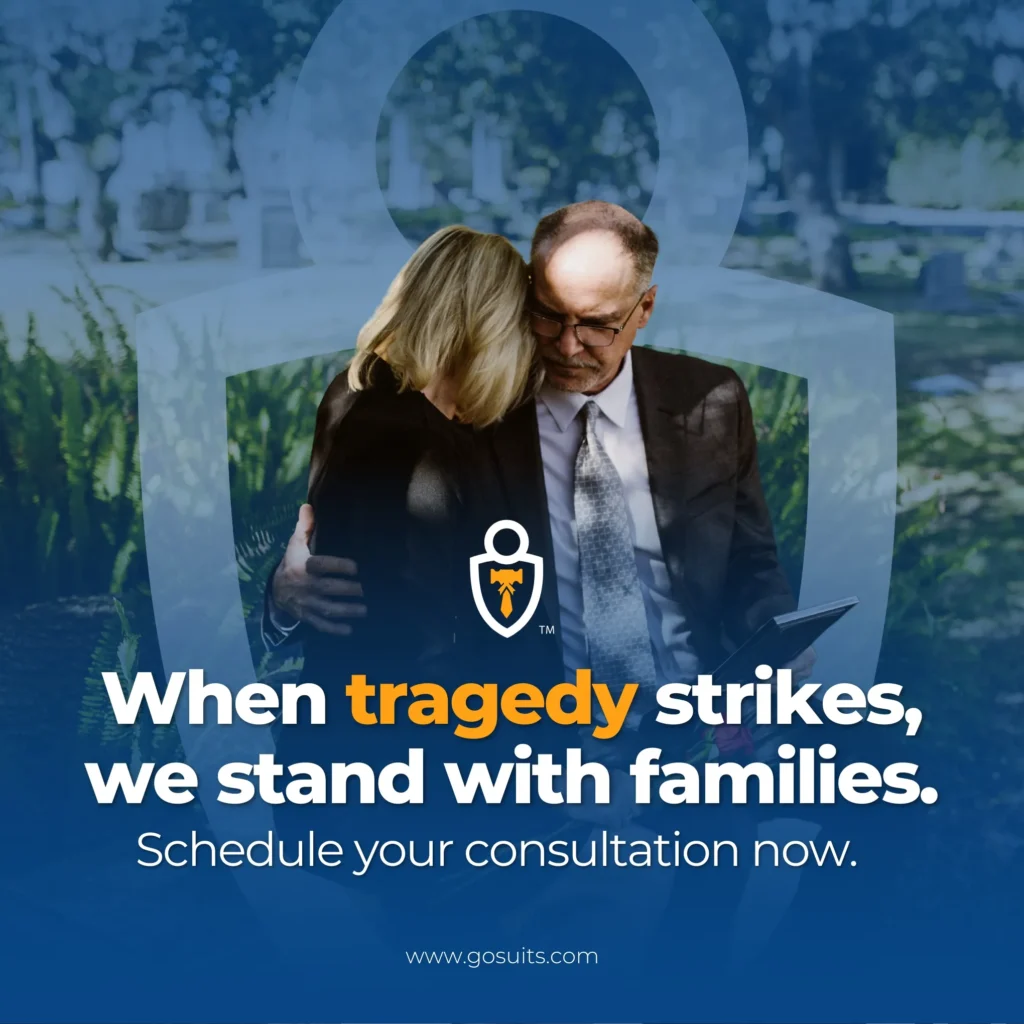
What Constitutes a Wrongful Death in Texas?
Under Texas law, a wrongful death is defined as a death resulting from another person’s or entity’s wrongful act, neglect, carelessness, unskillfulness, or default. As Dallas wrongful death attorneys, we frequently handle cases arising from various circumstances, including but not limited to:
- Motor Vehicle Accidents: Car crashes, truck collisions, and motorcycle accidents are common causes of wrongful death. These incidents often result from driver negligence, such as distracted driving, speeding, or driving under the influence.
- Workplace Accidents: Fatal accidents in the workplace, particularly in industries like construction or manufacturing, can lead to wrongful death claims. These may involve falls from heights, equipment malfunctions, or exposure to hazardous materials.
- Defective Products: When a product is unreasonably dangerous due to design flaws, manufacturing defects, or inadequate warnings, and results in a fatal accident, the manufacturer may be held liable for wrongful death.
- Premises Liability: Property owners have a duty to maintain safe conditions for visitors. Fatal accidents resulting from hazardous conditions on someone else’s property, such as slip and fall incidents or inadequate security, may be grounds for a wrongful death claim.
Our team of wrongful death lawyer Dallas is dedicated to providing compassionate and effective representation for families dealing with the aftermath of a tragic loss.
Who Can File a Wrongful Death Claim in Texas?
Under Texas law, the following parties may file a wrongful death claim:
- Surviving Spouse: The husband or wife of the deceased person has the right to file a wrongful death claim, regardless of whether they were separated at the time of death.
- Children: Both minor and adult children of the deceased can file a claim. This includes legally adopted children, but typically excludes stepchildren unless they were legally adopted.
- Parents: The parents of the deceased, including adoptive parents, have the right to file a wrongful death claim. However, foster parents are generally not eligible.
It’s important to note that siblings, grandparents, and other relatives are not eligible to file wrongful death claims under Texas law, regardless of their relationship with the deceased.
If the eligible family members do not file a wrongful death claim within three months of the death, the executor or administrator of the deceased’s estate may file the claim on behalf of the estate, unless all eligible family members request that the claim not be filed.
In tragic cases involving truck accidents, seeking a truck accident lawyer in Dallas is essential for families who are navigating the complexities of wrongful death claims. A skilled attorney can help ensure that the claim is filed properly and promptly, protecting the family’s rights during a difficult time.
Types of Compensation Available
While no amount of money can truly compensate for the loss of a loved one, financial recovery can help ease the burden on families and provide a measure of justice. In Texas, there are several types of damages that may be awarded in a wrongful death case:
Economic Damages
These are quantifiable financial losses resulting from the death. They may include:
- Lost earning capacity of the deceased
- Lost care, maintenance, services, support, advice, and counsel the deceased would have provided to family members
- Medical expenses related to the deceased’s final injury or illness
- Funeral and burial expenses
Non-Economic Damages
These damages are more subjective and aim to compensate for intangible losses, such as:
- Mental anguish and emotional pain suffered by the family members
- Loss of companionship, comfort, and society
- Loss of inheritance that the deceased would likely have saved and left to surviving family members
When a fatal crash involves a motorcycle, the complexity of damages can be even greater, requiring the skill of a knowledgeable Dallas motorcycle accident lawyer to ensure every loss is fully addressed. As your Dallas wrongful death compensation lawyers, we work diligently to accurately calculate and pursue all applicable damages. We consult with economic professionals, life care planners, and other professionals to present a comprehensive and well-supported claim for compensation.
The Wrongful Death Claim Process
Here’s an overview of what you can expect during the wrongful death claim process:
- Initial Consultation: The process begins with a free, confidential consultation with our Dallas wrongful death attorneys. During this meeting, we’ll discuss the circumstances of your loved one’s death, evaluate the merits of your case, and explain your legal options.
- Investigation and Evidence Gathering: If we take on your case, our team will conduct a thorough investigation which may involve collecting police reports, medical records, and witness statements. We may also consult with accident reconstruction professionals, medical professionals, and other specialists to build a strong case.
- Filing the Lawsuit: Once we’ve gathered sufficient evidence, we’ll file a wrongful death lawsuit on your behalf. This legal document outlines your claims against the responsible party or parties.
- Discovery Phase: After the lawsuit is filed, both sides exchange information in a process called discovery. This may include written questions (interrogatories), requests for documents, and depositions (sworn out-of-court testimony).
- Negotiations and Settlement: Many wrongful death cases are resolved through settlement negotiations. As well-versed negotiators, we’ll work to secure a fair settlement that adequately compensates you for your losses. However, we always prepare each case as if it will go to trial, which often leads to better settlement offers.
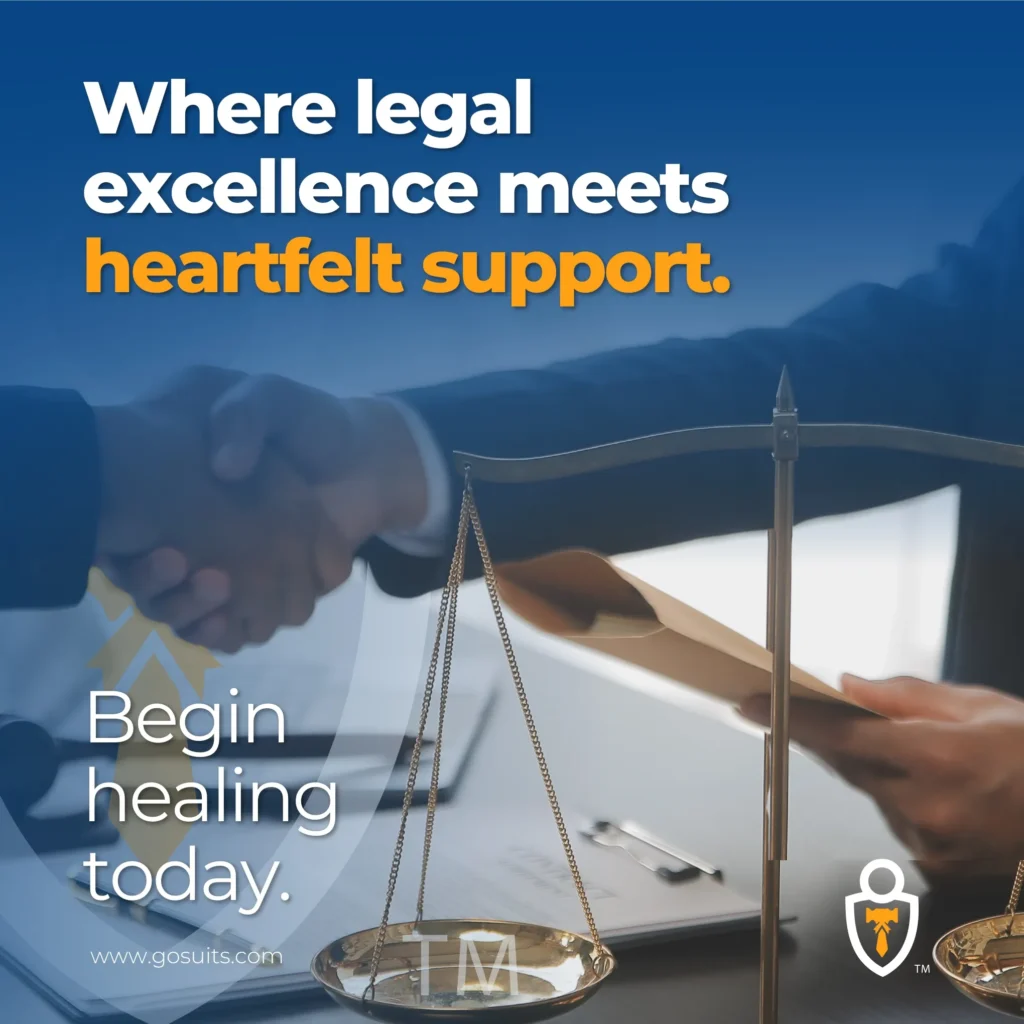
For families seeking justice after a tragic loss, our team of wrongful death lawyers in Dallas County TX provides the experience and dedication necessary to handle these complex claims. We understand how sensitive and emotionally difficult these cases can be, and we are committed to pursuing fair outcomes with care and integrity.
If you’re unsure where to begin, our Dallas County wrongful death lawyers can walk you through each step of the legal process and help you determine the best course of action. Working with qualified wrongful death lawyers in Dallas County TX can offer the clarity and reassurance you need during this challenging time.
Dallas Texas Wrongful Death Attorneys: Investigating Complex Cases
When a wrongful death involves multiple parties or complex circumstances, the experience of quality legal professionals becomes invaluable. Our team knows how to untangle complicated liability issues, whether dealing with corporate negligence, medical malpractice, or multi-vehicle accidents. We work with forensic experts, accident reconstructionists, and industry specialists who can uncover critical evidence that strengthens your case.
A Dallas lawyer for wrongful death must also understand how to navigate insurance company tactics designed to minimize payouts. These companies often employ teams of adjusters and attorneys whose primary goal is to protect their bottom line. They may attempt to shift blame, dispute the value of your claim, or pressure you into accepting inadequate settlements. Our Dallas Texas wrongful death lawyer knows these strategies and counters them effectively, ensuring your family receives fair compensation.
Working with wrongful death lawyers in Dallas TX who regularly handle these sensitive cases means having advocates who understand both the legal complexities and emotional challenges you face. We manage all communications with insurance companies, opposing counsel, and other parties, allowing you to focus on healing and remembering your loved one.
Why Choose a Wrongful Death Attorney Dallas
Selecting local representation offers distinct advantages in wrongful death cases. Dallas has unique legal considerations, from specific jury tendencies to relationships with local experts and medical professionals. A wrongful death lawyer Dallas TX brings invaluable knowledge of local court procedures, filing requirements, and judicial preferences that can significantly impact your case outcome.
Our established presence in Dallas means we’ve built strong professional networks that benefit our clients. When you work with Dallas Texas wrongful death lawyers, you gain access to our connections with respected medical examiners, economists, and life-care planners who provide crucial testimony. These relationships, developed over years of practice, often prove essential in building compelling cases.
Additionally, the best wrongful death attorney Dallas understands the local economic landscape when calculating damages. They know how to accurately assess lost wages, benefits, and future earning potential based on Dallas-area employment trends and cost-of-living factors, ensuring comprehensive compensation for your family’s financial losses.
Why Choose Gosuits?
When seeking a wrongful death attorney in Dallas, Texas, working with a firm with the experience, resources, and dedication to handle your case effectively makes a huge difference in the quality of your legal service. Our team at Gosuits of wrongful death lawyers Dallas has extensive experience handling complex wrongful death cases. We’ve represented numerous families in Dallas, working diligently to secure favorable outcomes for our clients.
We’ve implemented proprietary software utilizing machine learning and other advanced technologies, streamlining certain aspects of legal practice. We provide not just legal representation, but also support and guidance throughout the process.
We work on a contingency fee basis, meaning you pay nothing unless we win your case. This arrangement allows families to pursue their case without financial strain during an already difficult time. We invite you to schedule a free consultation with our team. During this consultation, we can discuss your situation, answer your questions, and help you understand your legal options.
Wrongful death cases are among the most difficult, and they are part of our broader practice. For an overview of all accident and injury services, view our Dallas personal injury law overview.




